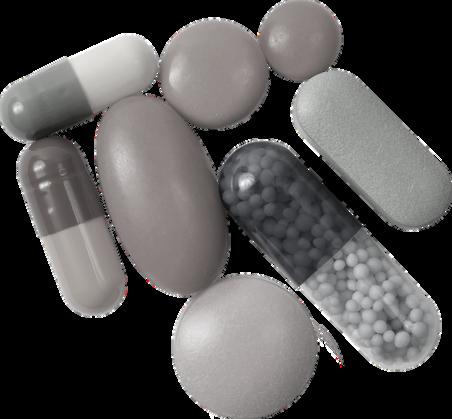




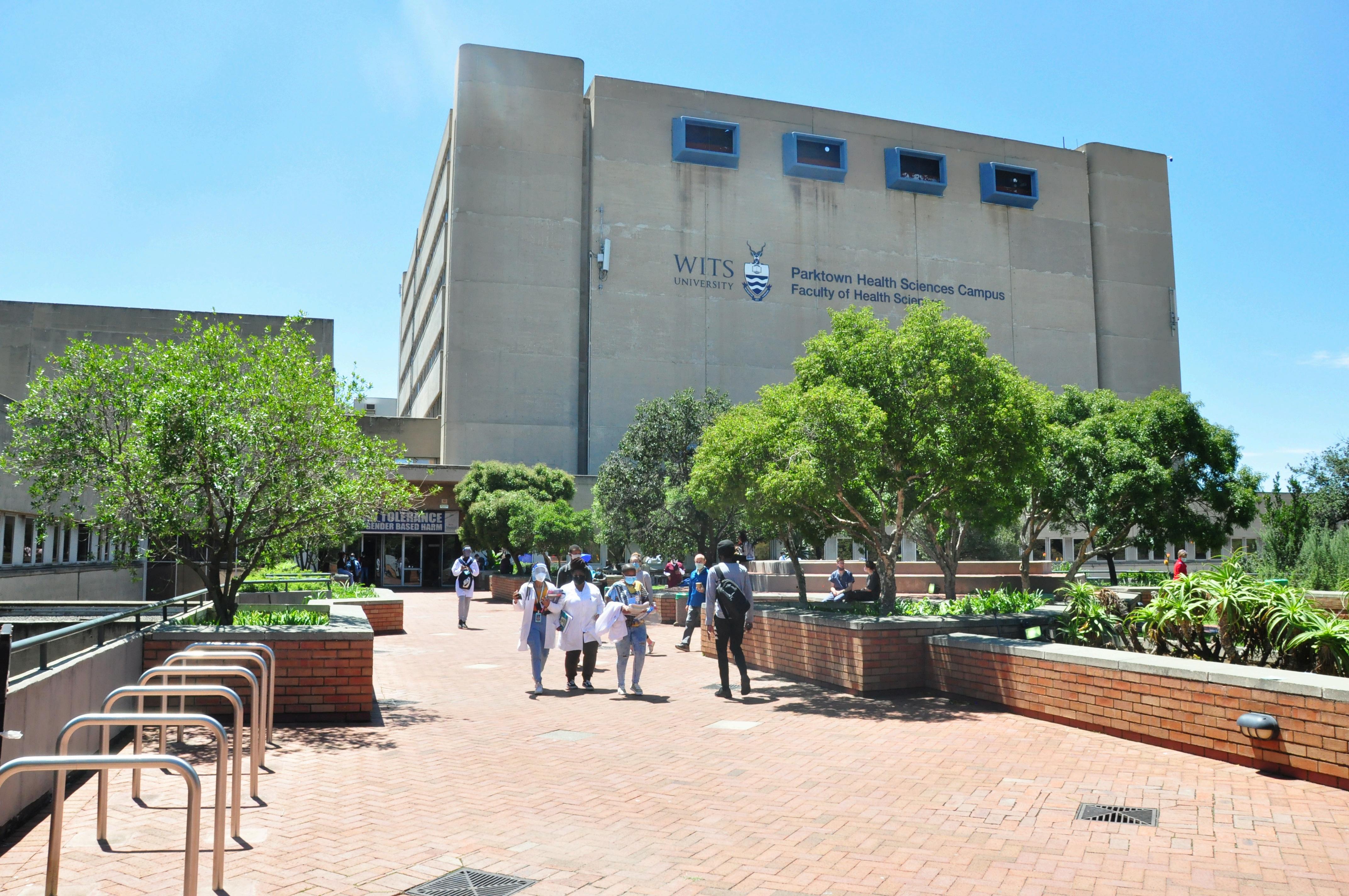


I N T H I S I S S U E


Professor Shabir Madhi Dean
Leanne Harwood Acting Communications & Office Manager
Beth Amato Communications Officer
Manoko Mokgokong Communications Intern
Email:

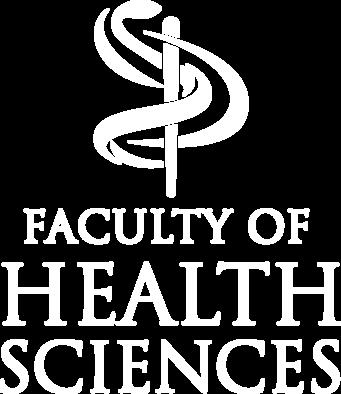

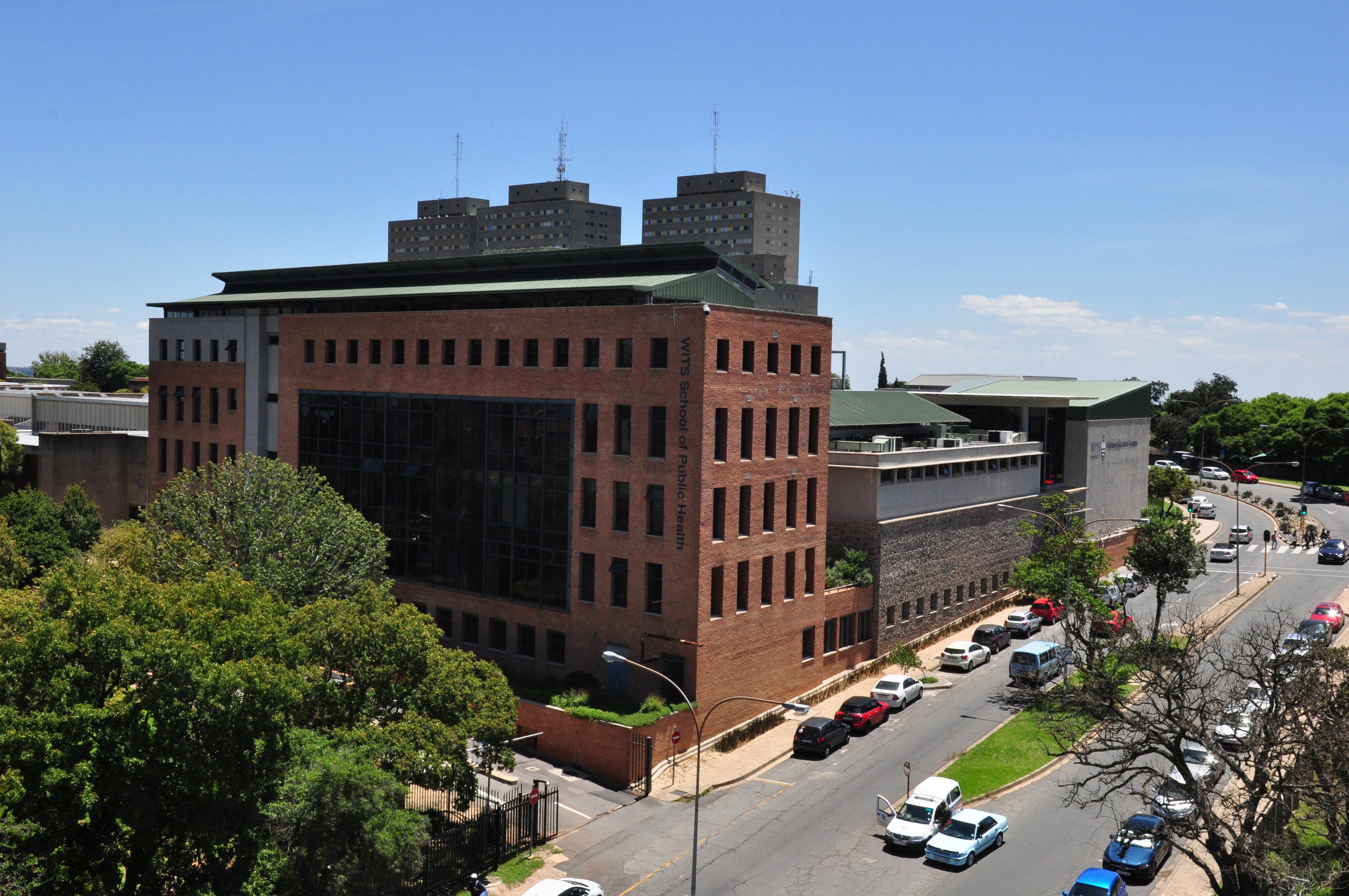
It’s halfway through 2024 already and the pace and intensity of health sciences’ teaching and research has, as always, been an inspiration. The Wits Faculty of Health Sciences is a bastion of Global South excellence, passionate about research excellence and health equity.
In South Africa, we’re far from achieving just and equitable healthcare for the poorest and most vulnerable citizens. This, three decades after the advent of democracy, is unacceptable. When Cyril Ramaphosa recently signed the National Health Insurance (NHI) Bill, universal healthcare seemed a possibility. While the sentiment behind such an ideal is irrefutable, the road to the system’s implementation is foggy. Financial, practical and ethical ambiguities need to be cleared up. Our thought leadership piece in the review unpacks this issue with nuance and provides much-needed insight.
It is the Faculty’s goal to shape and inspire young doctors to improve the health and lives of South Africans in spite of political posturing and other macro challenges. Our teaching and learning ethos is a critical pillar and Professor Lindelani Mnguni elaborates on this further in this issue. We have curated content on pressing issues such as sleep and sugar. We also have features on genetics and tuberculosis based on research done by leading scientists.
A type of glaucoma disproportionately affects Africans, but treatment has been off the mark owing to limited genetic information. Now, a large research study is set to change this. The field of genomics has the potential to revolutionise healthcare outcomes not just for African populations, but for the world. To realise this potential, it's essential that genomics research be conducted in African populations, with African investigators taking the lead.
Africa is home to the most genetically diverse populations in the world, and harnessing this diversity can help us understand physiological adaptation, disease mechanisms, and identify new drug targets.
Our review is jam-packed with light and serious news, and we hope that the work we do shines through. As always, get in touch with the Faculty’s communications team should you have interesting news and insights. We do such great work and we need the world to know more about it. Science communication and digestible research news are imperatives.
Regards,
Professor Shabir Madhi Dean: Faculty of Health Sciences


National Research Foundation
Newly C-Rated Researchers:
C-rated researchers are regarded as established researchers with a sustained recent record of productivity in their field
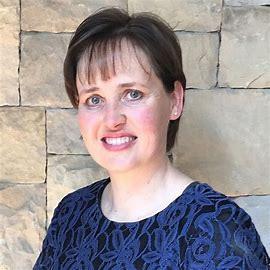
Klugman and Shabir Madhi awarded Sabin’s prestigious Gold Medal

Klugman and Madhi received the Sabin Gold Medal, one of the highest recognitions for vaccinologists globally, for their seminal combined contributions to the development of vaccines against pneumonia and diarrhoeal disease . *Read more
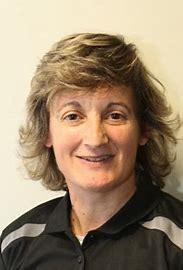

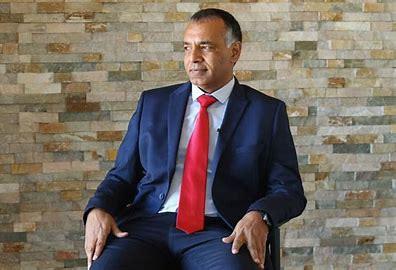
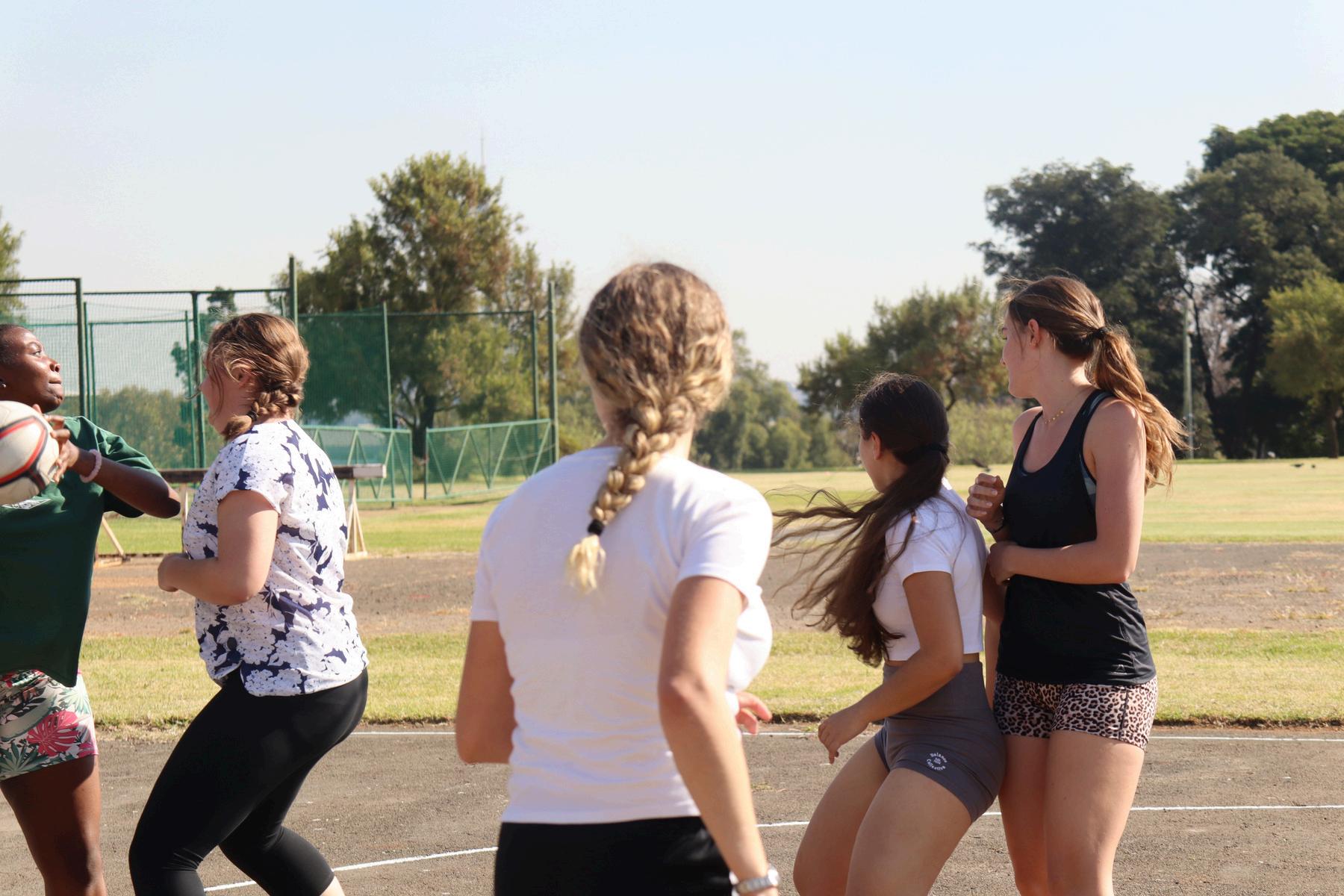

In recognition of the World Health Organization's (WHO) annual “Movement for Health Day” (24 May), the University of the Witwatersrand Health Sciences Student Council (HSSC) committee, in collaboration with the Faculty of Health Sciences Office of the Dean, hosted a Sports and Fun Day for both medical students and staff. This initiative aimed to promote physical activity as a key component for improved health and well-being, aligning with the global event's focus on encouraging communities to embrace healthy lifestyles.
The event offered a wide range of activities designed to cater to diverse interests and abilities Students and staff engaged in team sports such as soccer, netball, and volleyball while others enjoyed individual challenges like FIFA and games of hands, involving activities such as charades or collaborative challenges which further broadened the event's interest and promoted social interaction
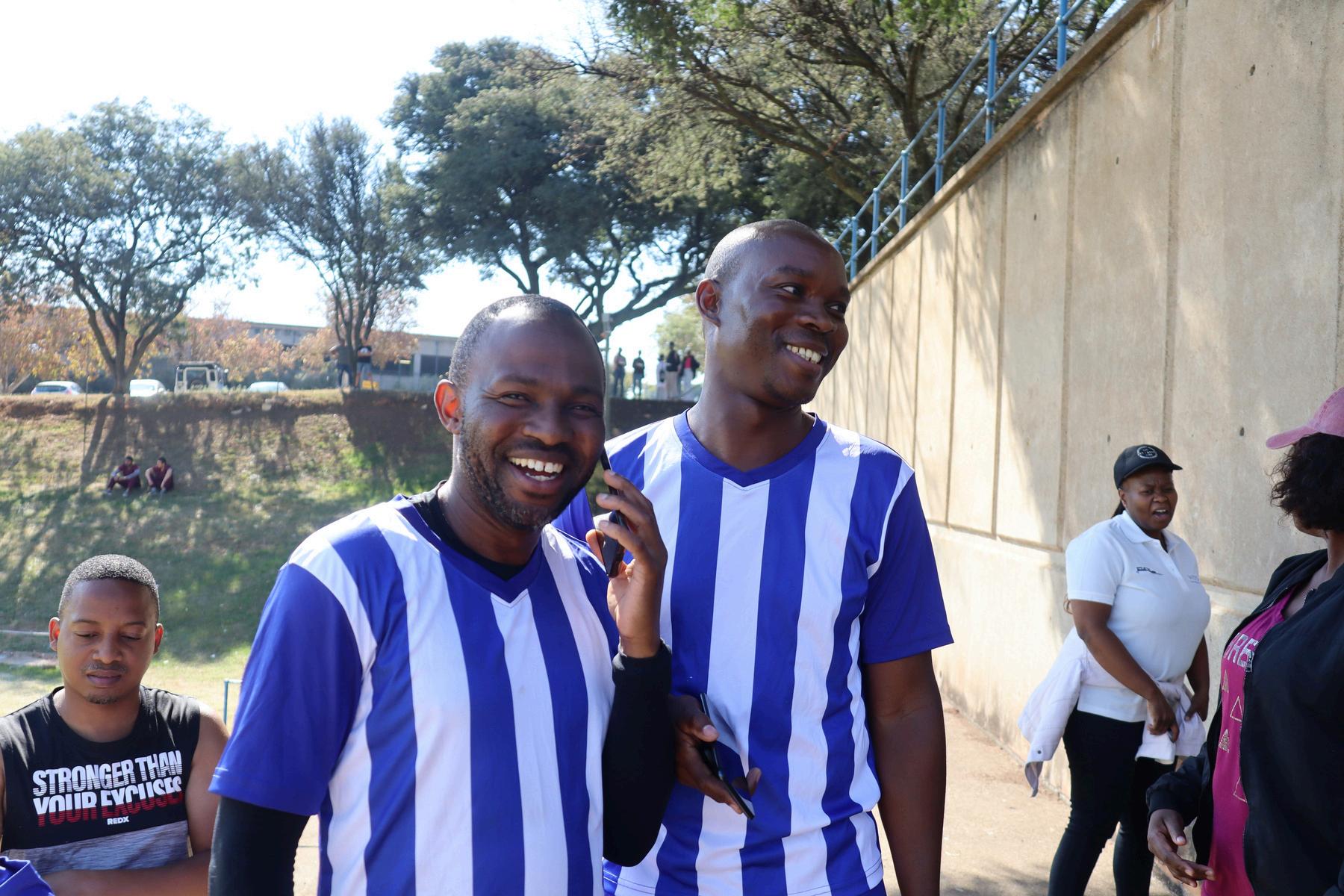
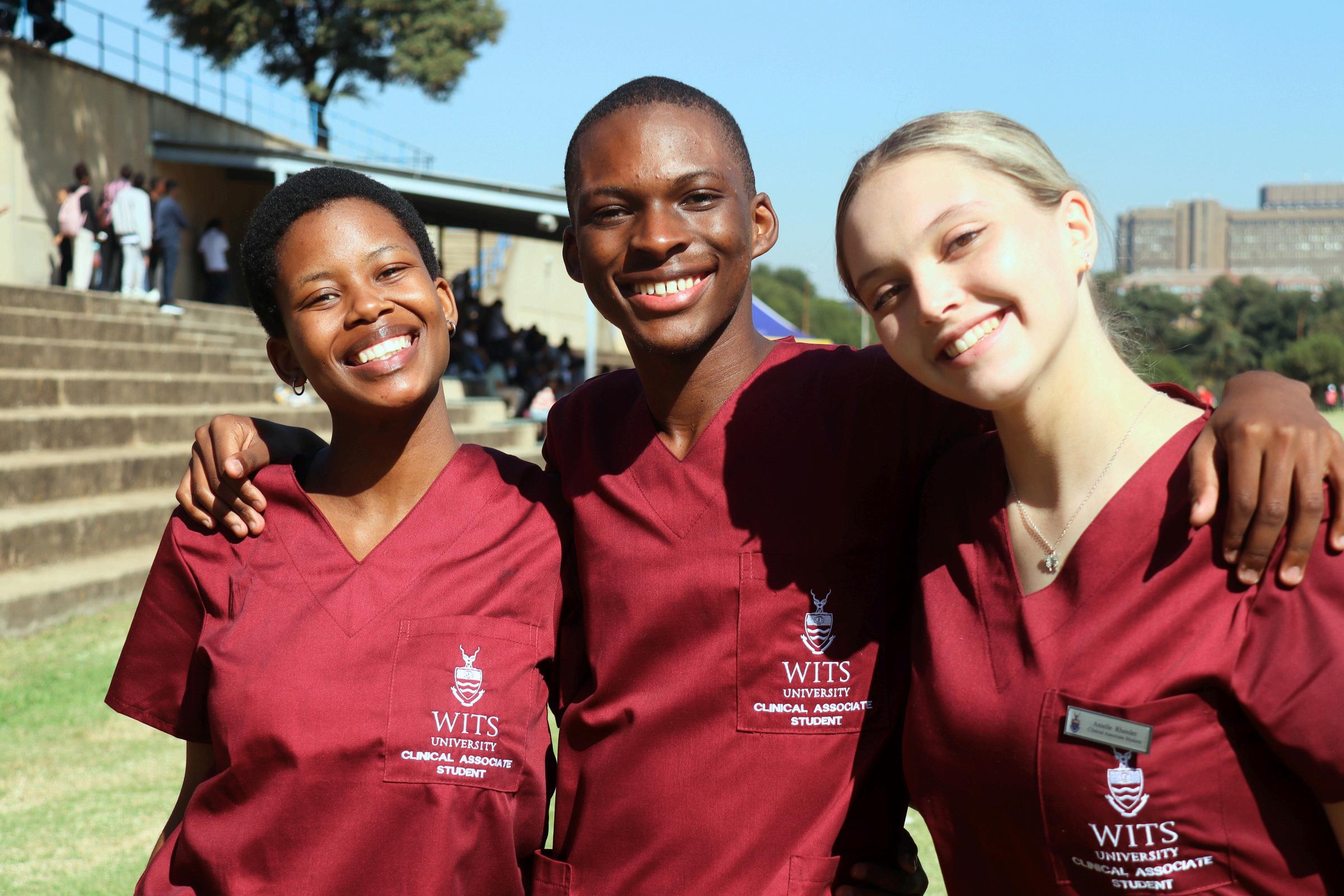
Remarkably, this event served a meaningful purpose to their mental health beyond mere physical activity Medical students and staff are known to face demanding schedules, often spending extended hours in labs or hospitals. Such an environment can be contributing to stress, burnout, and feelings of isolation.
Hence, the event provided a much-needed opportunity to break away from these routines, engage in social interaction with colleagues outside of professional settings, and participate in activities that promote mental well-being. Research has consistently shown the positive impact of physical activities on mental wellbeing, lowering symptoms of anxiety and depression, and promoting feelings of accomplishment and joy.

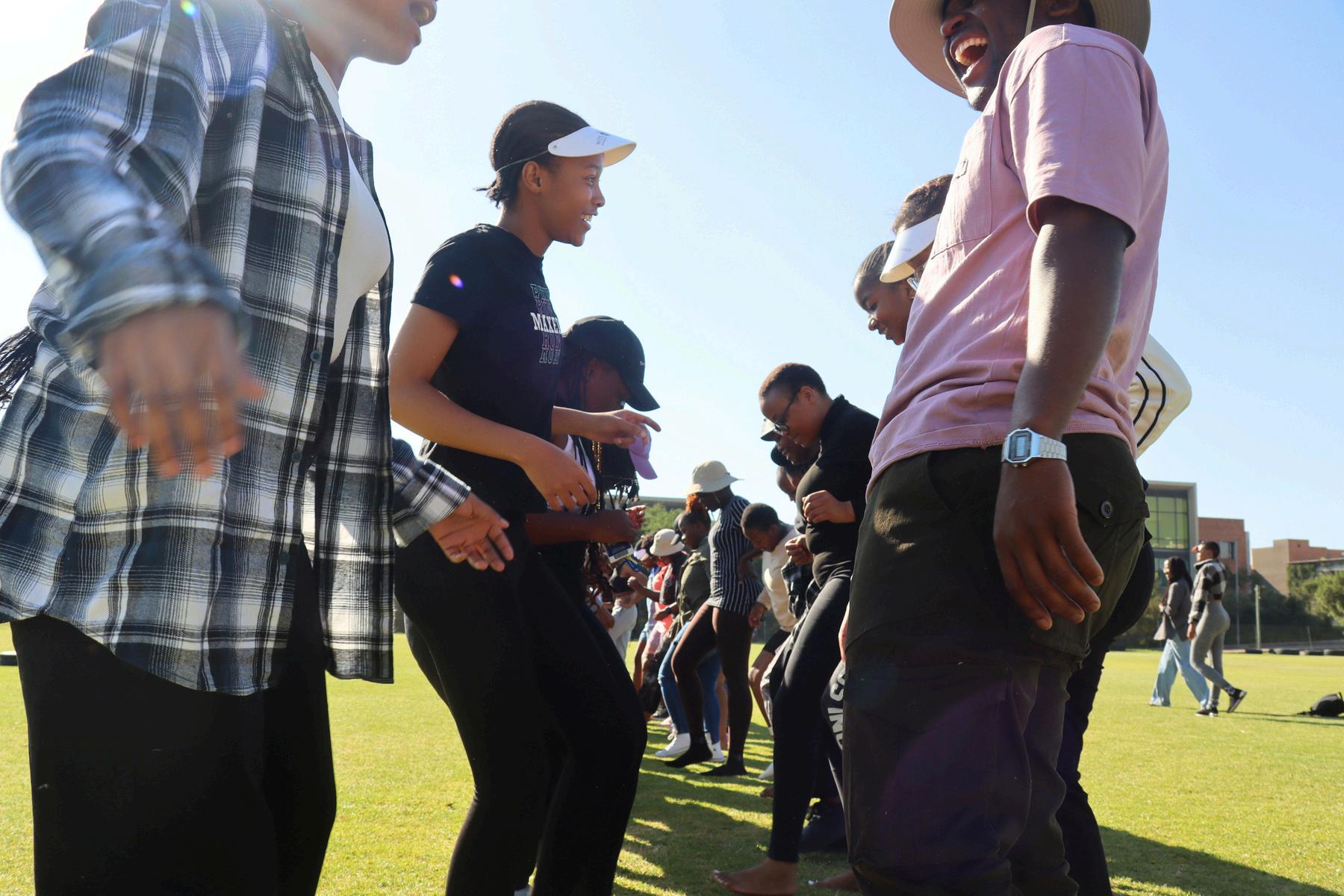
This event served as a significant intervention to promote mental health and resilience within the Faculty of Health Sciences community

Includes:
+ Personal counselling for depression, anxiety, bereavement, trauma, anger management, and more
+ Work-related counselling for stress, burnout, conflict, bullying, dealing with change, and more
+ Substance abuse counselling covering alcohol, drugs, smoking, gambling, and other addictions
Whether you need help with budgeting, understanding your credit score, navigating motor and household insurance, retirement planning, or something else, our qualified financial coaches can help.
Includes
+ Last will and testament
+ Antenuptial contracts
+ General power of attorney
+ Residential lease agreements and domestic employment agreements
+ Sale of property and items
Wellness app includes:
+ Conduct your own health risk assessment
+ Store and update your medical information
+ Find monthly articles and audio content in the wellness library on topics of interest to you
+ Find a Life Healthcare hospital near you
Call the Care Centre 24/7 on 0800 004 770
Or SMS your name to 31581 . Email ewp@lifehealthcare co za and receive counselling via email.
f the situation cannot be resolved over the phone, you will be linked to a counsellor.
The counsellor will contact you to make an appointment for face-to-face counselling. When meeting with your appointed counsellor, you will work together to clarify your situation, identify the options that are available to you, explore alternatives for resolving the issue, and develop a plan of action
Alternatively, WhatsApp us on 066 488 2273
This article appeared in Curio.sity Magazine - Wits’ hallmark research communication publication
Access to healthcare services is a constitutional right but is equal healthcare in South Africa a reality in our lifetime?
A young doctor recently took to social media to bemoan a lack of electricity, making it difficult for her to get ready for work, while the relative of a patient elsewhere complained about a 36-hour wait in a hospital ward for their octogenarian mother to be seen. And no, this was not Limpopo, these incidences were in Liverpool and London, England.
Equitable universal healthcare for everyone, including here in South Africa, would be ideal, but what these UK examples show is that, even in well-funded countries, implementing and maintaining a public health system is increasingly difficult.
The National Health Insurance (NHI) scheme, currently in proposal phase in SA, is a roadmap to universal healthcare. But it has come under sharp scrutiny for its lack of detail and financial modelling.
Professor Emeritus Martin Veller, former dean of the Faculty of Health Sciences at Wits, says that the birth of democracy sparked the idea of universal healthcare, but that the last 30 years have shown tthat it may not be possible.
“The principle of NHI is one that is certainly widely recognised as a need, as it is enshrined in our Constitution. How you implement and interpret it is the problem. Certainly, in its current format, it is unlikely to be possible to implement,” says Veller.
The main issue he cites is that the vast sum of funding needed to meet the basic tenets of universal healthcare is not available to government. “Secondly, there are insufficient healthcare professionals to care for the population,” he says,

adding that overarching a project of this scale is the “poor track record of how the public sector has been run for the last 60 to 70 years, particularly for the disenfranchised in our society. NHI is not in their favour.”
Veller adds, “Also missing from the discussion are our current healthcare outcomes, which are poor – way below the level of other countries with similar economies. A better healthcare system means that health outcomes, and as a result, the economy, would improve, but the NHI bill is being dangled like a carrot to win favour, despite its obvious limitations.”

The main issue he cites is that the vast sum of funding needed to meet the basic tenets of universal healthcare is not available to the government.
Read more
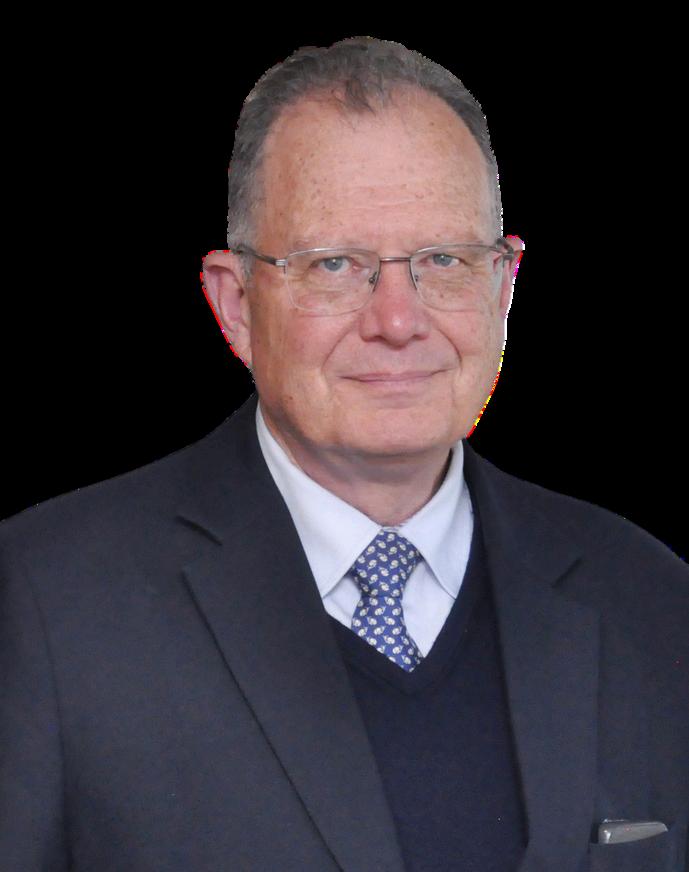
Professor Emeritus Martin Veller is the former dean of the Faculty of Health Sciences of the University of the Witwatersrand. Prior to this, he served as the Professor and Head of the Department of Surgery, as well as the head of the Division of Vascular Surgery.
Teaching and learning should foster the process of “becoming”
Associate Professor Lindelani Mnguni, the Deputy Dean: Teaching and Learning in the Faculty of Health Sciences, explains that academic policy must hold at its centre the personal and professional growth of students.
“Yes, you will learn important skills and lessons, but you will also shape an identity. This is what we need to remember when developing any kind of learning plan,” says Prof Mnguni.
He believes that this question then determines how resources are channelled. “Of course we have resources for labs, lecture venues, clinics and hospitals but what resources are there for helping students ‘become’ and prosper as human beings?”
Teaching and learning is only effective if student challenges are addressed.
Prof Mnguni says that over the past three years, mental health has become a critical concern. “We have seen a spike in the number of students needing mental health support.” It is why the Office of Student Success (OSS) in the faculty is an important resource. The OSS provides psychosocial support to vulnerable and at-risk students.
“As part of their training, students work in hospitals where there can be traumatic cases. Some of the students encounter death for the first time. I think we’ve really achieved the right support,” says Mnguni.
Passionate academics make all the difference.
When someone is an excellent researcher and academic, it doesn’t always translate into them being a good teacher. “We are very lucky in the FHS because our academics have a passion for teaching. They go the extra mile for their students.
We need to appreciate them more.” Mnguni adds that the types of professors in the academy are outstanding on a global level. “Our students are being trained by the best.”
Prof Mguni notes that Wits has world-class experts and were critical in the fight against Covid.

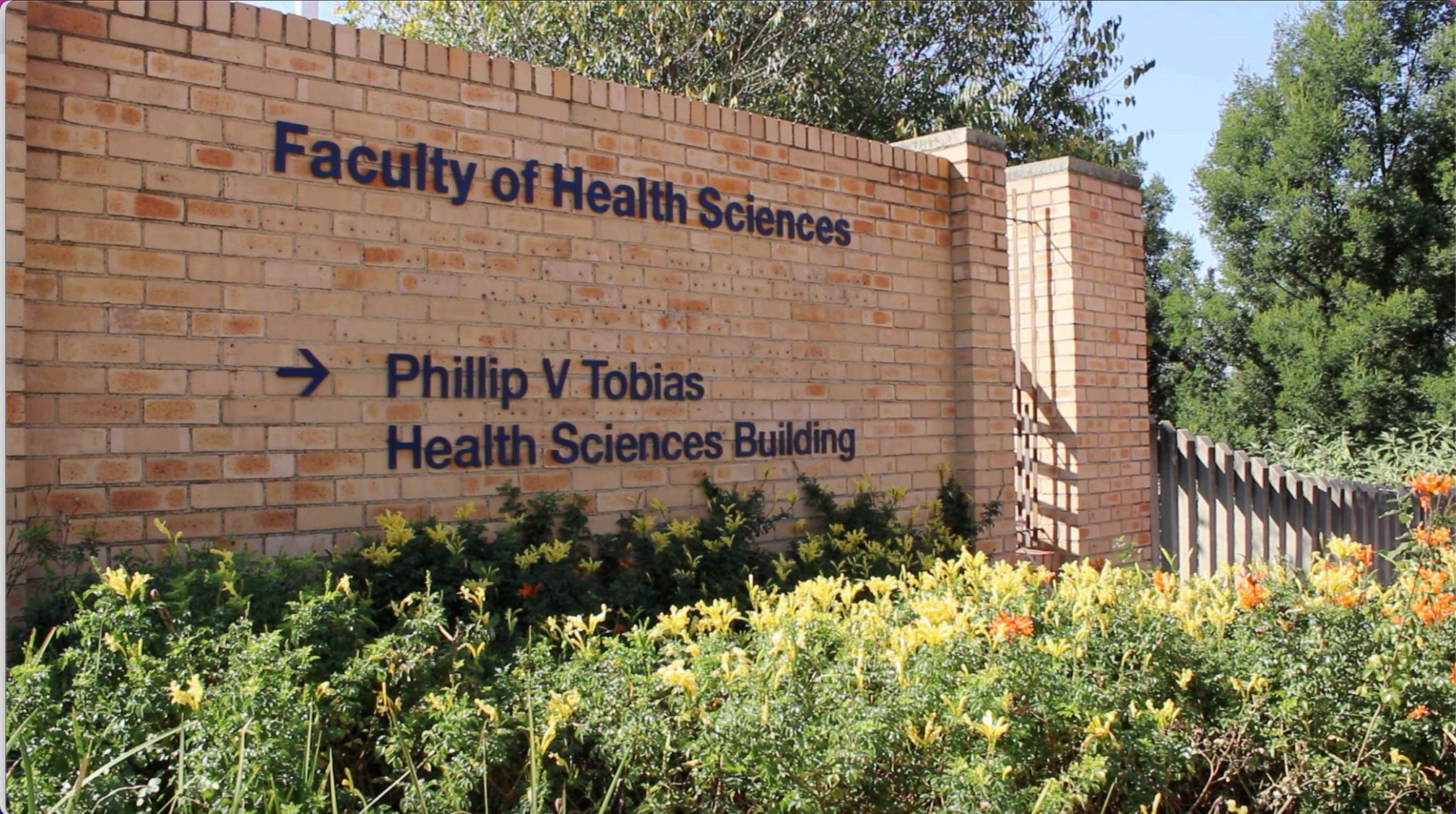
Stories of doctors and young graduates sitting without jobs have shaken up the health fraternity in South Africa. News of rising emigration and the loss of critical skills to other countries has been disconcerting. While Mnguni says that the conditions in which healthcare personnel work can be drastically improved, he has spoken to many professionals who want to work as doctors, specifically in this country. “If we are talking about the Dean of Health Sciences (Professor Madhi), I mean he can get a job anywhere in the world. And yet he is here. Encouragingly, many of the academics in the faculty have been at Wits for decades.”
What really proves the impact of teaching and learning is what students do after graduation, says Mnguni. “We want our graduates to be making a significant difference in their workplaces. When students get placed in their community service locations, they really add value in under-resourced clinics and hospitals,” he says.
Is our curriculum relevant?
With the advent of AI and workplace readiness, health sciences teaching and learning has had to rapidly adapt. The first year MBBCh curriculum has changed. “Should the students be studying physics for the sake of it for example. What is its importance in the context of medicine? These are the things we needed to ask,” says Mnguni.
He notes that the faculty is embracing AI and the changes brought about by workplace challenges and demands.
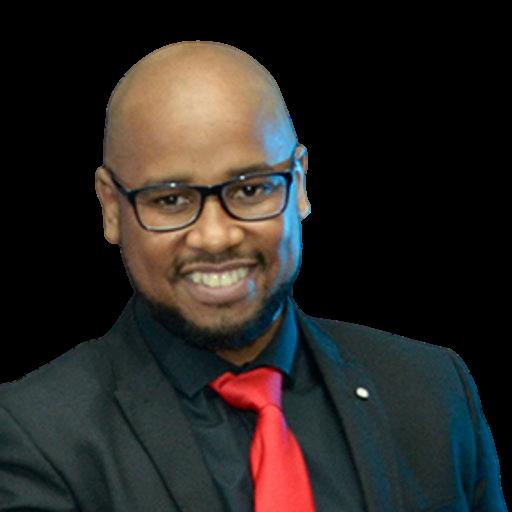
Associate Professor Lindelani Mnguni, Deputy Dean of the Faculty of Health Sciences at the University of the Witwatersrand and Research Fellow at the University of South Africa, is a C2 NRF rated researcher in biology education with expertise in curriculum and instructional design He holds a Ph D in Curriculum and Instructional Design and Development from the University of Pretoria and degrees in Biochemistry and Genetics from the University of KwaZulu-Natal.



Wits Faculty of Health Sciences and Barrow Neurological Institute, USA, Memorandum of Understanding cements relationship to further research neurological conditions
Neurological conditions continue to be the leading contributor to the global burden of disease, with most of this burden found in low- and middle- income countries, such as South Africa.
The Memorandum of Understanding (MOU) will enable bilateral clinical training exchange opportunities between senior registrars in the Department of Neurology at Wits and registrars and senior residents from Barrow
The scope of the relationship may expand in future to include global neuroscience research training opportunities as well
An emerging focus of the Faculty of Health Sciences is to better understand this burden through research and clinical practice and to deliver evidence-based care through quality training and service provision.
Associate Professor Lindelani Mnguni, Deputy Dean in the Faculty of Health Sciences, says: “This collaboration will enhance clinical training and research and foster a deeper understanding of neurological conditions globally, paving the way for innovative solutions and improved patient care We look forward to the continued growth and success of this partnership.”
More recently, Racette has researched parkinsonism [brain conditions that cause slowed movements, stiffness and tremors] in the rural context with Dr Ryan Wagner from the MRC/Wits Rural Public Health and Health Transitions Research Unit (Agincourt).
Wagner says, “This enduring partnership represents a mutually beneficial relationship that recognises the value that each institution brings.”
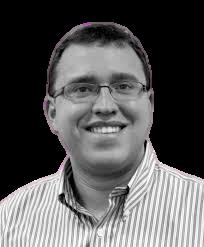
Dr Ryan Wagner is an award-winning epidemiologist with clinical training who, over the past 14 years, has conducted longitudinal, population-based research and trials in rural Africa During this time, Dr Wagner contributed to the development and implementation of innovative field and computing methodologies under the auspices of the MRC/Wits Rural Public Health and Health Transitions Research Unit (Agincourt)

A type of glaucoma disproportionately affects Africans, but treatment has been off the mark owing to limited genetic information. Now, a large research study is set to change this.
Over 50 percent of opthalmologist Dr Susan William’s patients visit the glaucoma unit at Charlotte Maxeke Johannesburg Academic Hospital with blindness too late to treat. “Almost all of these patients are already blind in one eye when they seek treatment and there’s usually very advanced-stage disease in their other eye,” says Williams.
Williams, together with other researchers, including Professor Michele Ramsay, director of the Sydney Brenner Institute for Molecular Medicine, are looking at the genomics behind primary open-angle glaucoma (POAG).
This marks a critical study to study blindness in African populations
The research team conducted a genome-wide association study for POAG in 11,275 individuals of African ancestry.
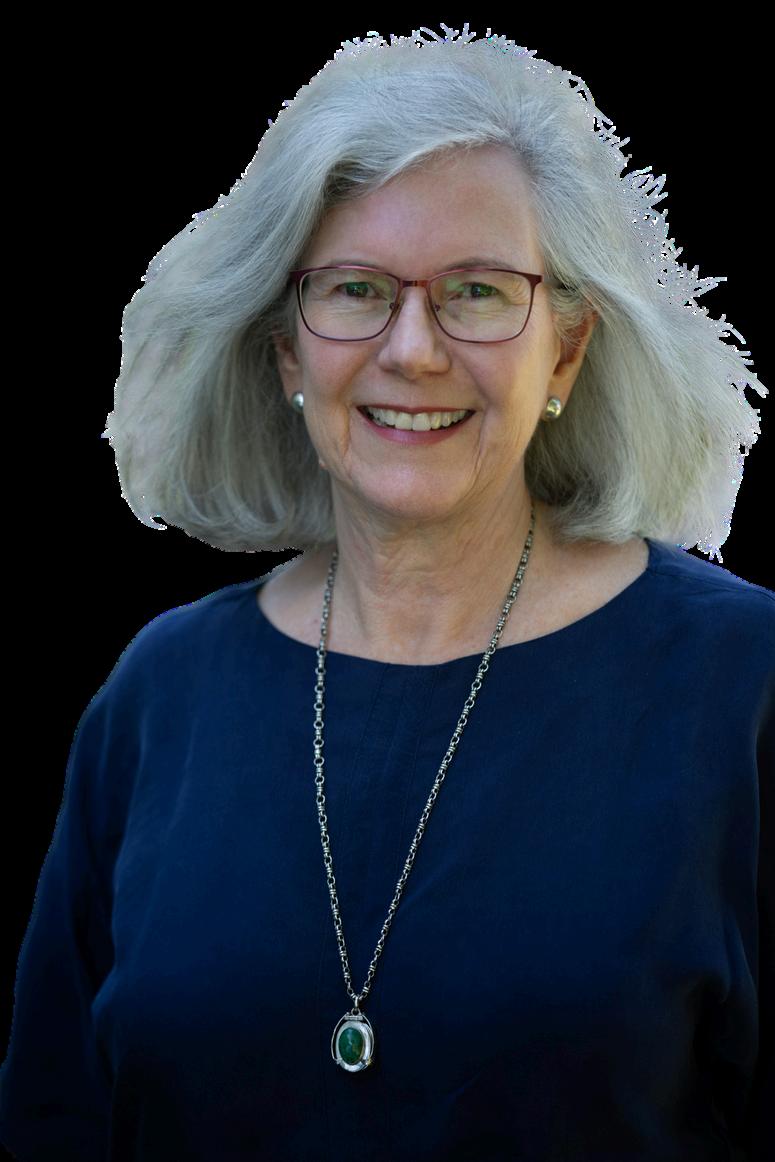
“This was a critical project: despite POAG having a strong inherited component, understanding of the disease’s genetics is incomplete,” said Ramsay.
Genetic information has been based on populations of African American descent, which is “not a good proxy for Africa.”
The value of novel genetic research for African populations
Ramsay explained that less that 2% of genomic studies have looked at African ancestry. These “novel” discoveries, such as the POAG study, can improve the development of precision medicine. “It’s really exciting that we can have treatment more appropriate for our patients,” said Williams.
Read more

Professor Michele Ramsay is the head of the Sydney Brenner Institute for Molecular Bioscience Her research interests include the genetic basis and molecular epidemiology of single gene disorders in South African populations and the role of genetic and epigenetic variation in the molecular aetiology of fetal alcohol spectrum disorders (FASD) and other diseases exacerbated by adverse lifestyle choices.
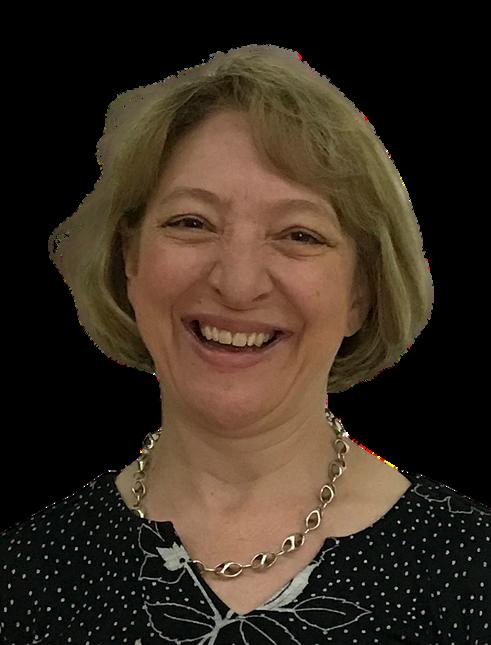
Dr Sue Williams completed her undergraduate medical training at the University of the Witwatersrand before continuing her specialist training in ophthalmology at Wits and receiving her Fellowship in Ophthalmology from the Colleges of Medicine and Surgery of South Africa. She has a master of medicine in ophthalmology and completed her doctoral studies in ophthalmology and genetics in 2013 She runs the glaucoma unit at Charlotte Maxeke Johannesburg Academic Hospital

The field of genomics has the potential to revolutionise healthcare outcomes not just for African populations, but for the world. To realise this potential, it's essential that genomics research be conducted in African populations, with African investigators taking the lead.
Africa is home to the most genetically diverse populations in the world, and harnessing this diversity can help us understand physiological adaptation, disease mechanisms, and identify new drug targets.
However, African populations are still underrepresented in genomic studies, which can lead to a compromised quality of care for African patients and constrained public health systems. To address this issue, we need to encourage more investment in African genomics research and development. African clinicians and researchers are now advocating for a more context-specific approach to precision medicine, which individualises diagnosis and treatment for better health outcomes.
This is especially important since the genomic profiles that have been well-researched in the Global North cannot be applied to all health contexts.
One promising initiative is Deciphering Developmental Disorders in Africa (DDD-Africa) Project. This multi-faced project aims to evaliate the clinical exome sequencing in an African setting, with co-investigators from the Division of Human Genetics' clinical, counselling and scientist teams, as well as collaborators from the Democratic Republic of Congo and the United Kingdom.
DDD-Africa seeks to create a framework for research and evidence-based healthcare reform, with a long-term goal of developing an effective and sustainable approach for the integration of whole-exome sequencing in developmental disorder diagnostics.
This will enable a precision medicine public health approach for Africa, improving outcomes for affected children and their families, and reducing the healthcare and economic burden of developmental disorders, particularly in lowincome countries.
Here is more information about DDD-Africa.
To read about how genomics research in Africa will improve global health, nephrologist Dr June Fabian’s address on this field illuminates the topic.
Read more

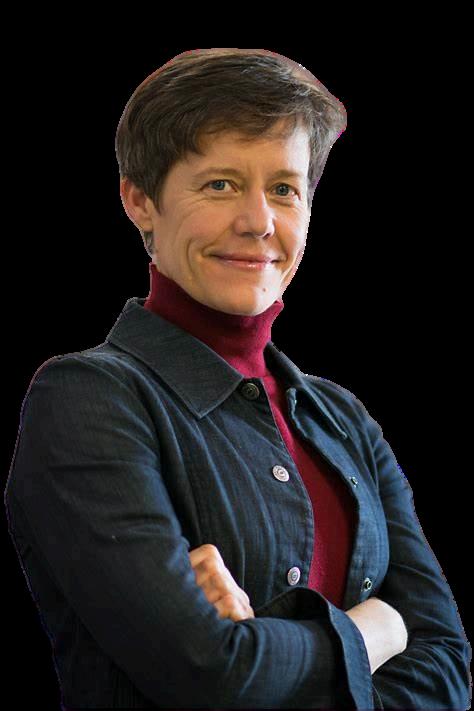
Dr June Fab st with a special interest in chronic kidney disease (CKD) in Africa I am a founding member of the African Research on Kidney Disease (ARK) Consortium which includes centres of research excellence in Malawi, South Africa, and Uganda, with strong ties to the London School of Hygiene and Tropical Medicine in the UK
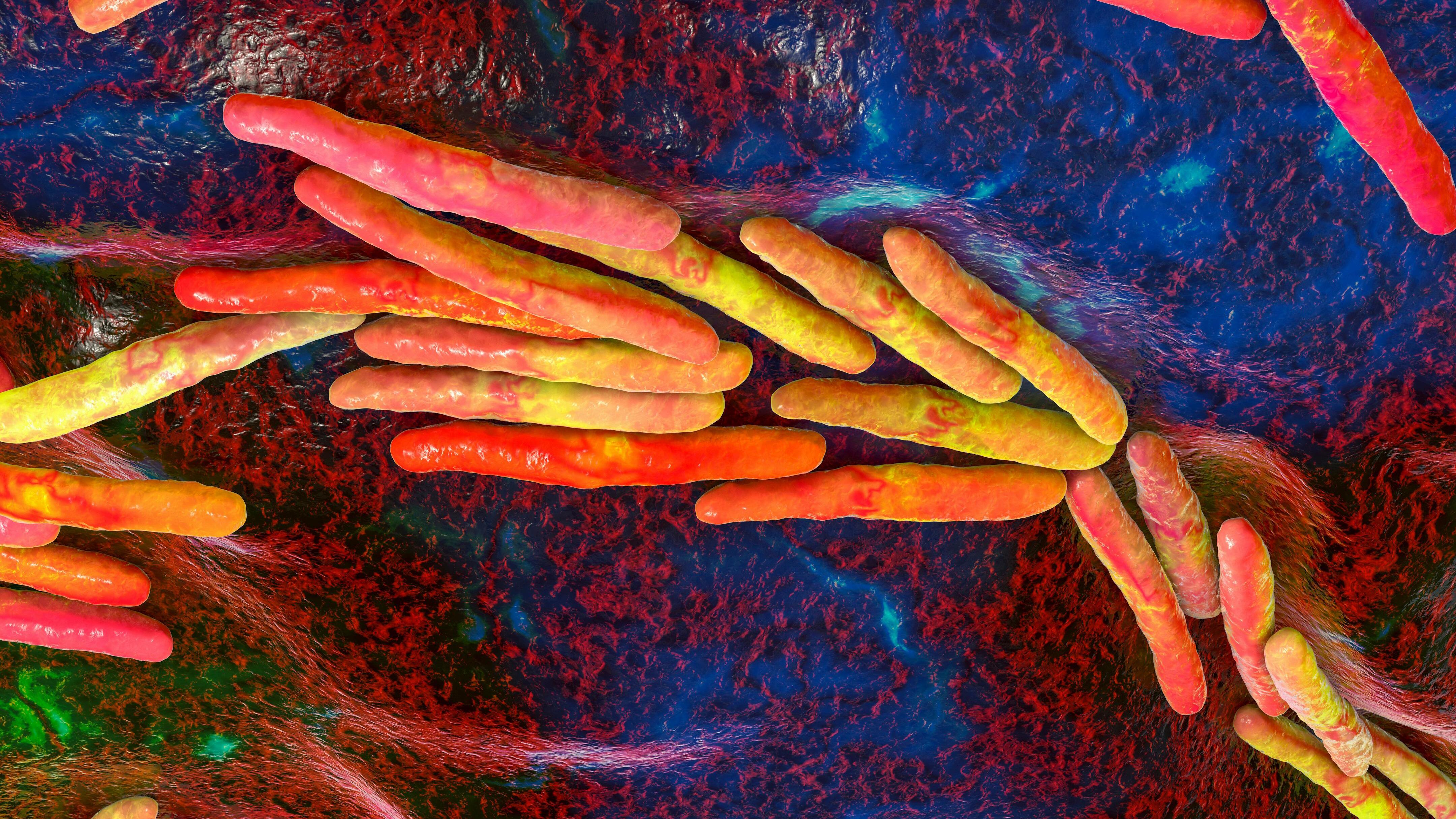
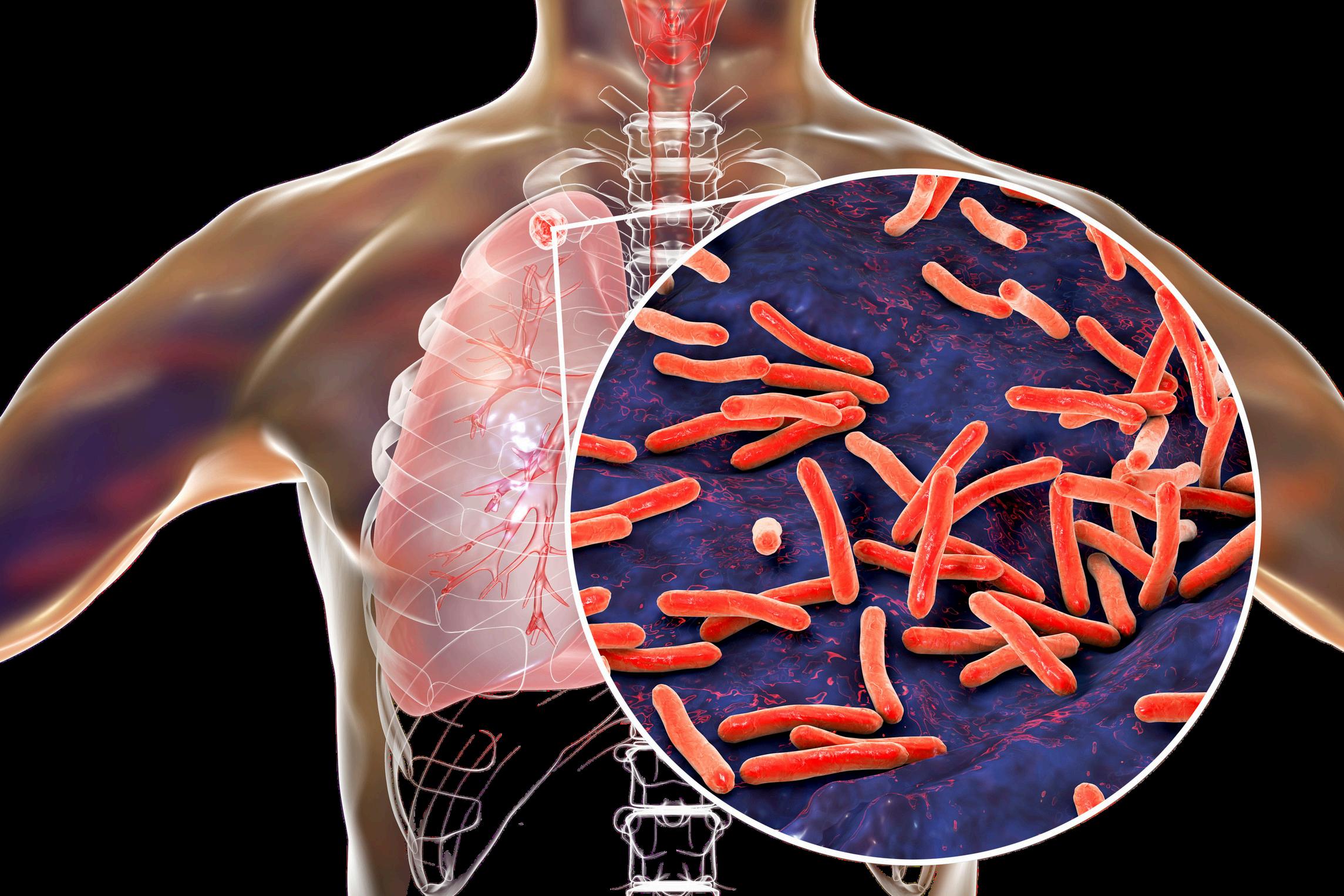
“Globally, TB is once again the leading cause of death by an infectious diseases. What is most concerning is that it is now the largest drug-resistant airborne epidemic across the planet. While there have been effective drugs developed against the TB-causing bacterium, resistance has now developed,” explains Professor Shaheed Vally Omar, centre head for TB at the National Institute of Communicable Diseases.
The various forms of drug-resistant tuberculosis (DR-TB) often consume more than 50% of national TB budgets despite comprising less than 5–10% of the total TB case-load. The past decade has seen a dramatic change in the DR-TB treatment landscape with the introduction of new diagnostics and therapeutic agents. However, there is limited guidance on understanding and managing various aspects of this complex entity, including the pathogenesis, transmission, diagnosis, management and prevention of multi-drug resistant TB (MDR-TB) and extensively drug-resistant TB (XDR-TB), especially at the primary care physician level.
In this question and answer feature, we chat to Professor Omar about his latest research and thoughts.
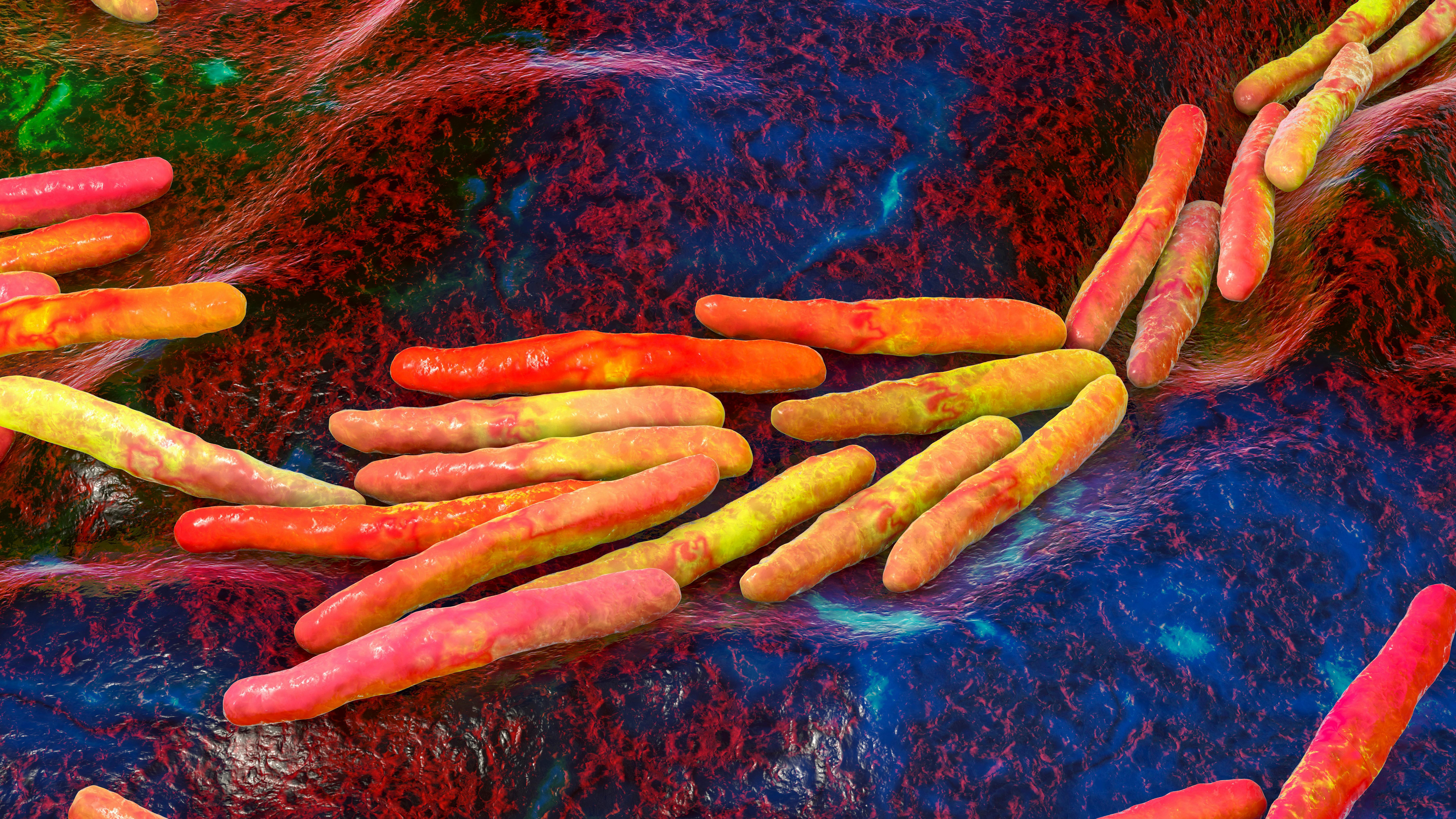
There are several factors that contribute to this. They include limited access to diagnostic tools driven mainly by limited technology resources and a lack of more sensitive diagnostic tools for rapid diagnosis. Then, there are significant healthcare system challenges, social barriers which include stigma and lack of awareness, diagnostic delay where older slower methodologies are still used, and lack of funding.
Is the technology/research keeping up with new cases of TB and treatment options?
Over the last decade, there has been a concerted effort to improving diagnostics leveraging off advances in technology. However, there has been a disconnect between the development and introduction of newer drugs for the management
of information around the genetic basis and development of interpretive criteria for this purpose. These issues are being address to ensure alignment going forward.
What is antiobiotic stewardship and how can we enhance this?
Strengthening antibiotic stewardship for drug-resistant tuberculosis (DR-TB) requires educating healthcare providers and patients on treatment regimens, using the most accurate diagnostics. It requires ongoing monitoring and evaluation to detect and react to emerging resistance, ensuring consistent access to medications. It also requires robust regulatory frameworks and public awareness campaigns to support adherence and prevent misuse of antibiotics. detected?
Monitors beeping in the background, alarms are going off, and the team in the room is frantically trying to resuscitate the patient on the bed. The resuscitation has been active for the last fifteen minutes and the team is yet to try and organise themselves so as to have a structured, collaborative approach to the management of this patient.
The vital signs do not look promising and they have missed an important feature that will assist in managing this patient. Will the patient die? Will a senior arrive and help them to manage this case?
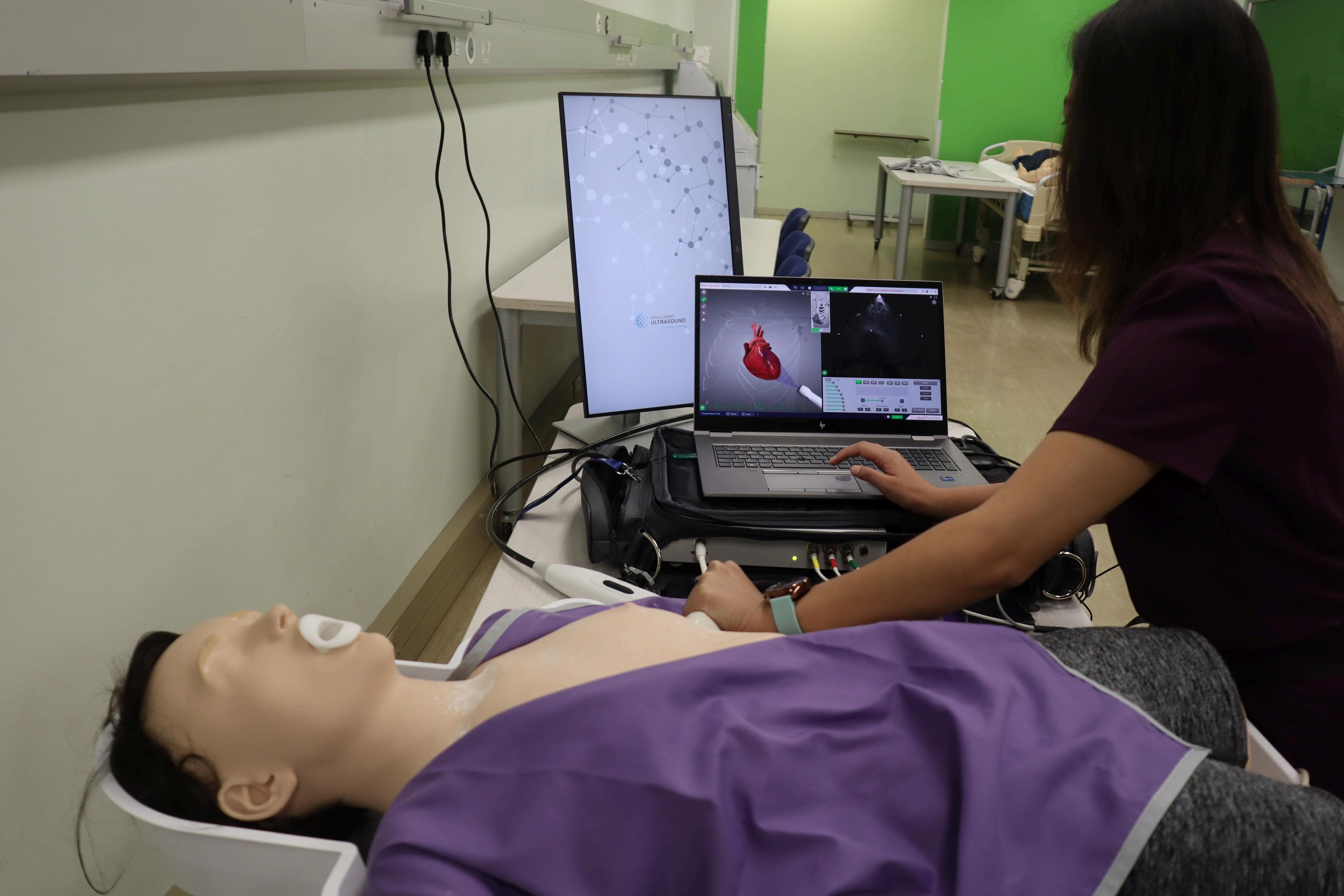
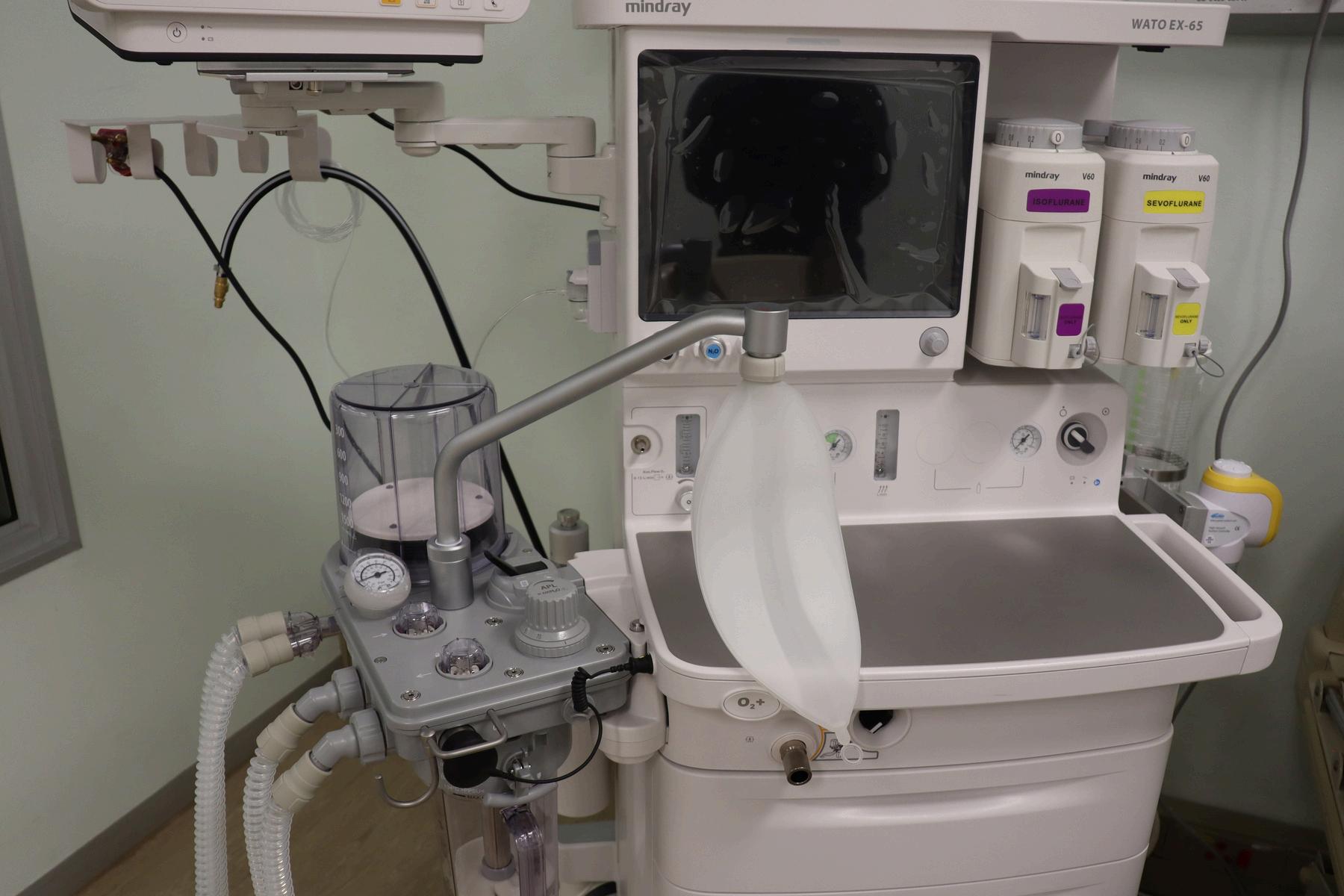
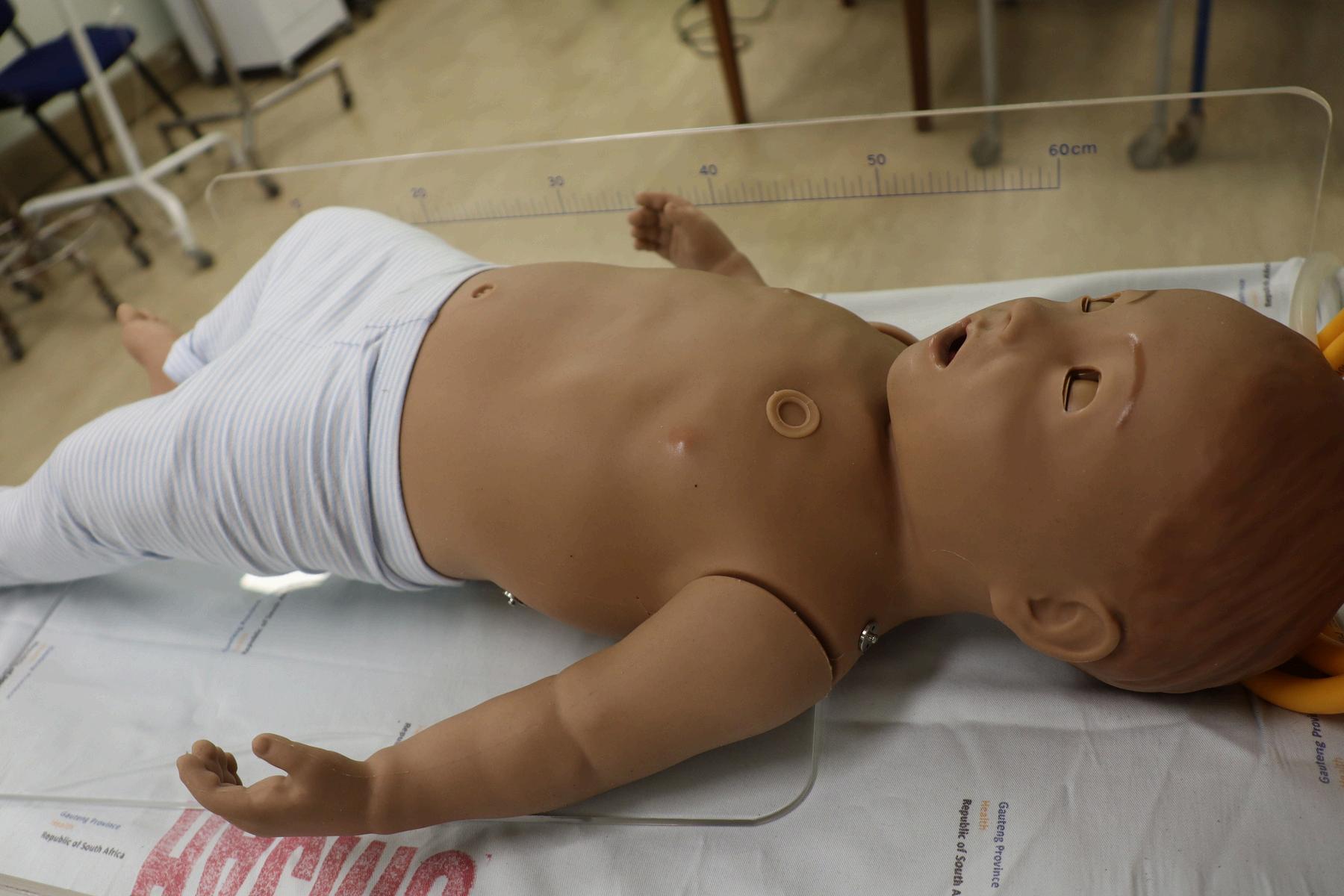

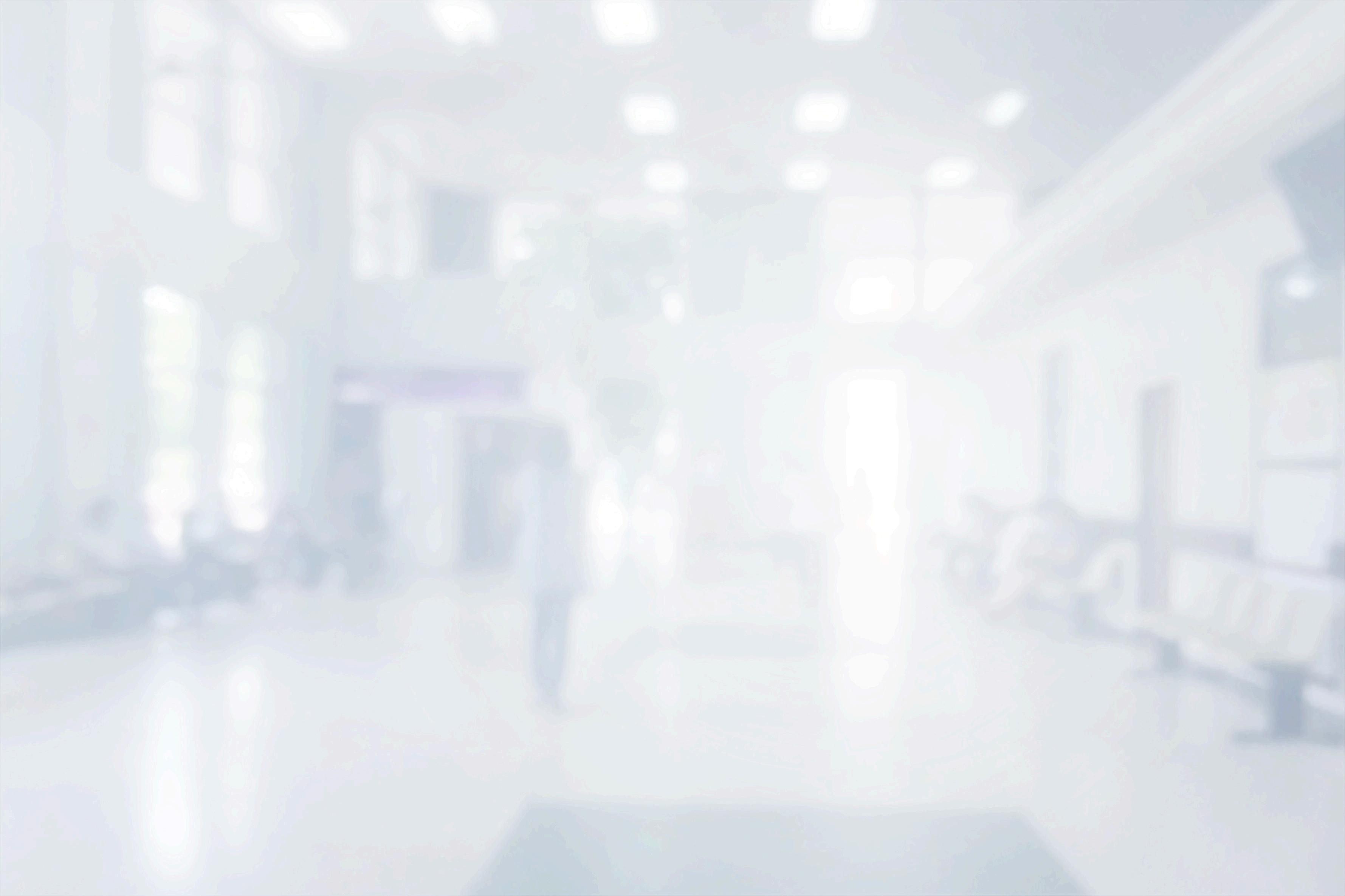
This is only simulation, and a safe space for learning. This is a safe space for learning and a space where we have the opportunity and time to pause in order to reflect and redirect.
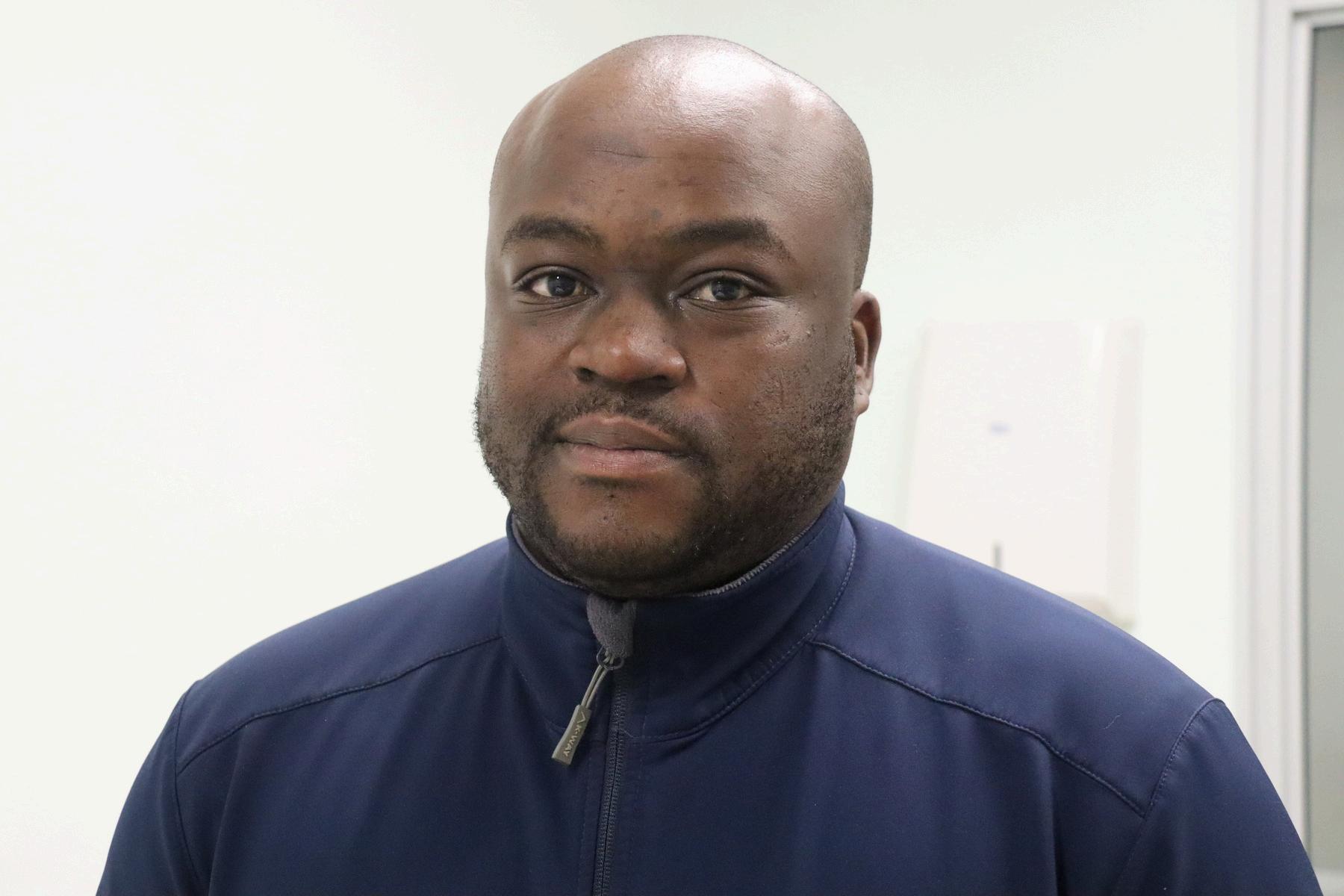
Lab manager Theo Mbatyazwa State of the art equipment delivered for realistic clinical experiences Clinical Simulation requires participants to buy-in to the fiction. This means that the manikins used and scenarios created need to have features that best resemble a real patient and showcase a realistic clinical case progression.
The simulation lab is housed in the Centre for Health Science Education positioning it well to be accessible to all degrees and professions in the faculty.

State-of-the-art equipment meets the needs of all clinical cases. In the last 10 years, the sim lab has mainly had one manikin that has most life-like features and limited the capacity for multiple high fidelity simulations. It also excluded the option of multiple groups of students participating simulateneously.
Simulation-based education is an innovative way to facilitate learning for health professionals in a way that is realistic, psychologically safe and builds confidence and clinical reasoning.
“We are able to simulate and be critical of the healthcare system and the resource constraints that hinder delivering effective healthcare in South Africa. It also affords us the opportunity to dig deeper and discuss another “why” and to gain a sense of understanding and appreciation for where we are as a country. This “why” refers to post-colonial, postapartheid legacies that have left a mark on the South African healthcare system and influence how we manage patients,” said Lab manager Dr Nabeela Sujee.
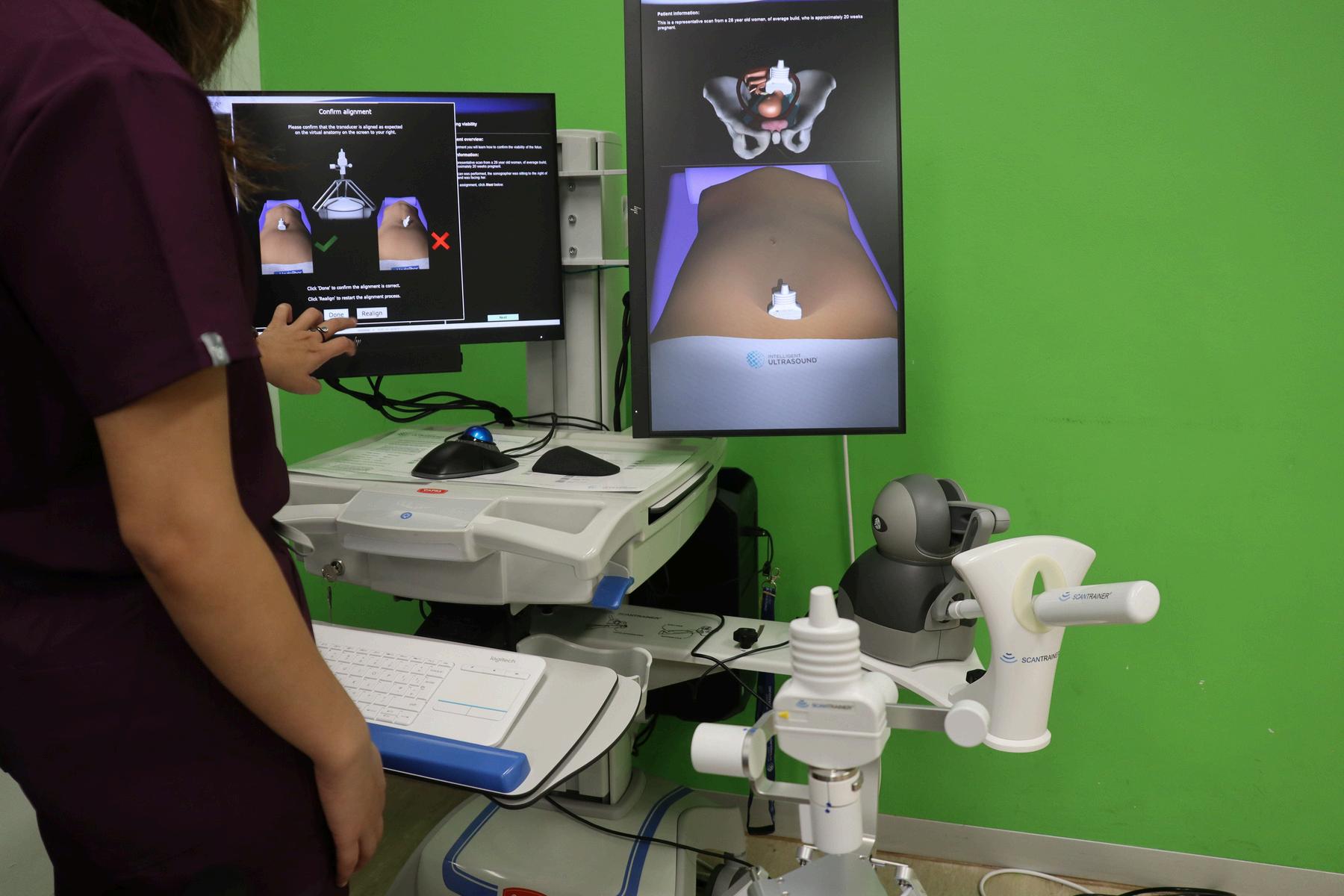
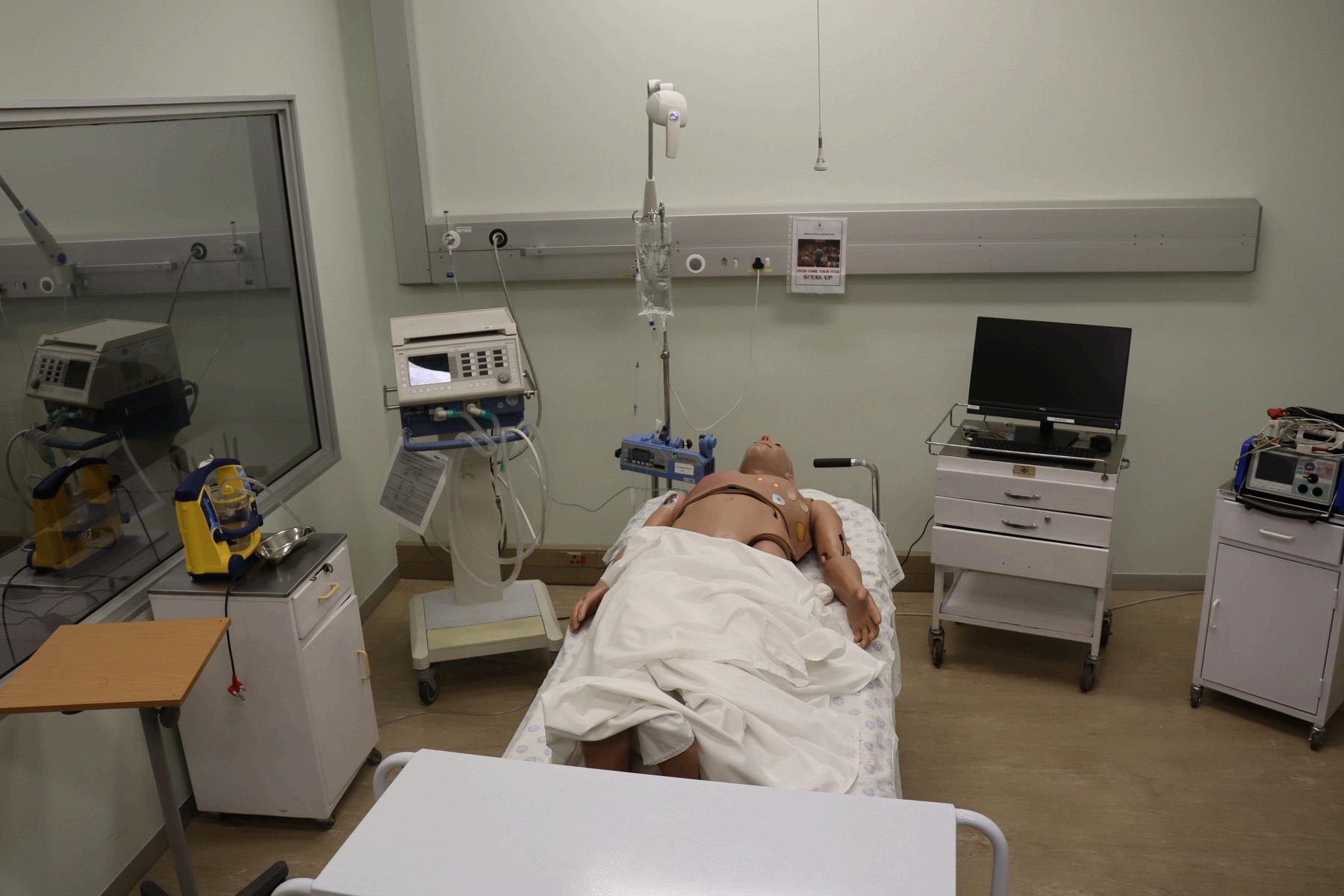
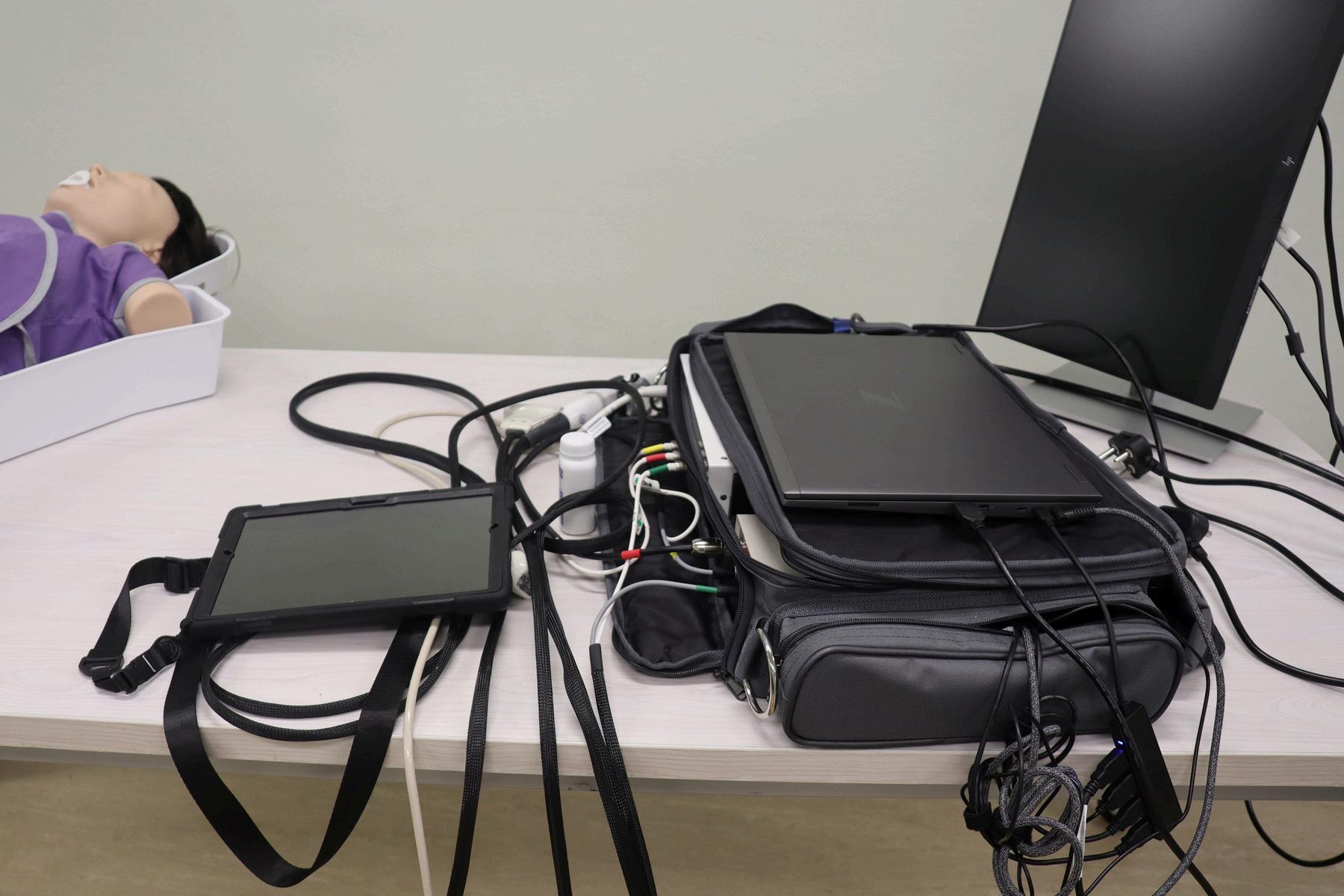


New grant enables CHAMPS network to leverage its laboratory capacity and partnerships in Africa.
A new grant from the Bill & Melinda Gates Foundation will allow the Child Health and Mortality Prevention Surveillance (CHAMPS) network to leverage its laboratory capacity and partnerships in Africa to identify and document causes of death among adults who were living with HIV.
Dr Ziyaad Dangor is the CHAMPS South Africa CoDirector and also the Clinical Research Director of the Vaccines and Infectious Diseases Analytics Research Unit (Wits VIDA).
Approximately 40% of the World Health Organization-estimated seven million AIDS-related deaths over the next decade could be prevented by addressing advanced HIV disease (AHD)
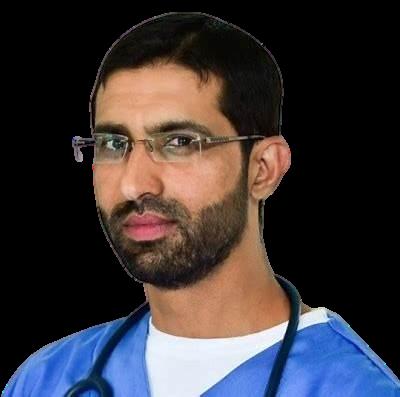
While it is well-established that tuberculosis is a leading cause of death in AHD, the contribution of other underlying causes for most adults who were living with HIV (PLHIV) remain unknown across the African region.
Said Dr Dangor, “This study in South Africa represents a significant opportunity for advancement in comprehending and tackling the challenges encountered by adults living with HIV. Through granular investigation of the causes of death in persons who were living with HIV in the era of antiretroviral therapy, the insights from the study can be instrumental for informing what additional interventions are required to address the ongoing disproportionately higher incidence and mortality rate in this population ”
Associate Professor Ziyaad Dangor is the clinical research director at the worldrenowned Medical Research Council, Vaccines and Infectious Diseases Analytics Research Unit (VIDA). He is a paediatric pulmonologist at the Chris Hani Baragwanath Academic Hospital in the Department of Paediatrics and Child Heath at the University of the Witwatersrand His qualifications include MBBCh (Wits), MMed (Wits), FCPaeds (SA), CertPulm (SA) and PhD (Wits)
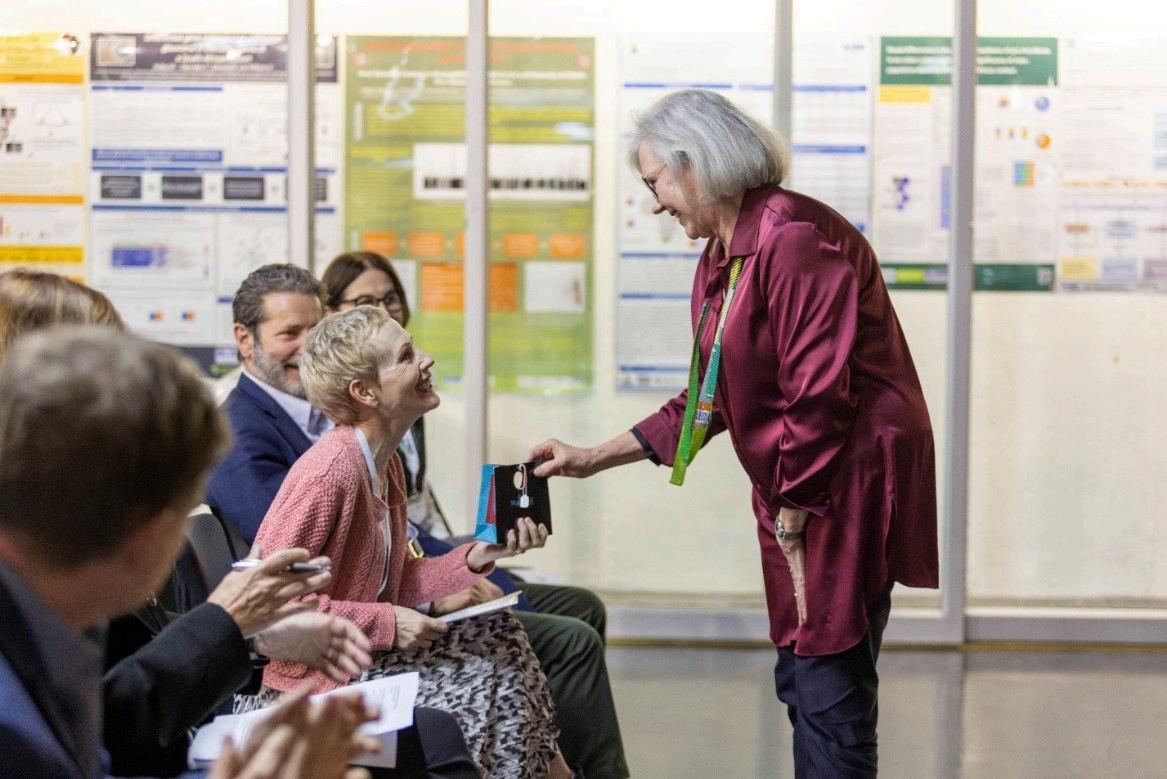
life and scientific journey of Sydney Brenner, the exhibition launch took place at the Adler Museum of Medicine in the Faculty of Health Sciences at Wits University.
The exhibition marked five years since Brenner’s death in 2019 at the age of 92, and 10 years since the formal establishment of the Sydney Brenner Institute for Molecular Bioscience (SBIMB) at Wits – the only research institute worldwide to bear his name.
Sydney Brenner is a Wits alumnus with four degrees from Wits (1942 to 1951), and a Nobel Laurate. In 2002, Sydney Brenner and his colleagues Bob Horvitz and John Sulston received the Nobel Prize in Physiology or Medicine for their discoveries concerning genetic regulation of organ development and programmed cell death, using the nematode worm as their model organism.
Digitising Brenner’s exceptional work for future generations
The exhibition was a collaboration between the SBIMB, the Adler Museum, and the Cold Spring Harbor Laboratory (CSHL) Library & Archives in the US, where Sydney Brenner first went in 1954, with which he had an enduring association, and to whom he donated his personal collections.
Ludmila (Mila) Pollock, the Executive Director of the CSHL Library & Archives, who has been responsible for digitizing many collections, including the personal collections of Sydney Brenner, attended the exhibition launch and contributed original materials for the exhibit.
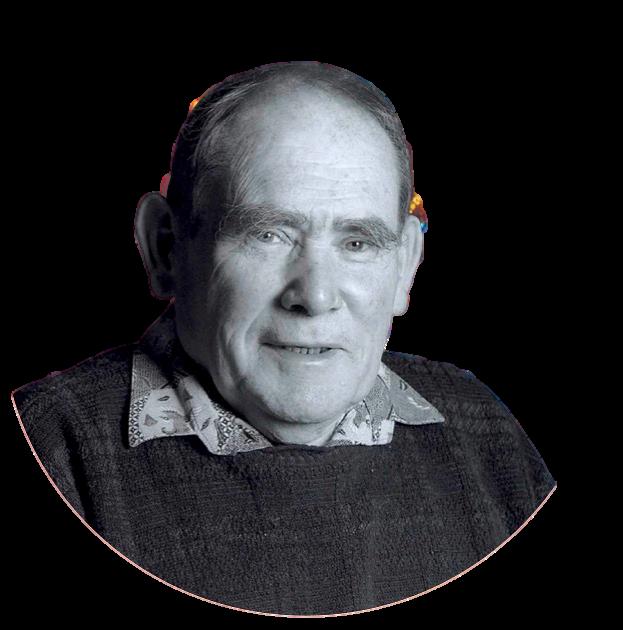

B
y Associate Professor Susan Goldstein
Financial links between corporations, like Nestlé, and health research invariably lead to conflicts of interest
In 2021, the director of the African Research University Alliance Centre of Excellence in Food Security at the University of Pretoria was appointed to the board of the transnational food corporation Nestlé
At the time a group of more than 200 senior academics wrote an open letter, about conflicts of interest. Nestlé’s portfolio of foods, by its own admission, includes more than 60% that don’t meet the definition of healthy products.
In December last year, the same centre announced it had signed a memorandum of understanding with Nestlé It signalled their intent to “forge a transformative partnership” to shape “the future of food and nutrition research and education” and transform “Africa’s food systems”.
This is not an isolated case Across African universities, companies with products that are harmful to health fund health-related research and education
Nestlé, for example, “shares expertise” with “eight universities in Africa”.

Those advising governments and charities on dietary policy warn ow “current or past financial or personal associations with interested parties make it difficult to distinguish subtle, unconscious bias from deliberately concealed impropriety.”

Other research found that of 168 industry-funded studies, 156 (93%) showed biased results, all in favour of industry sponsors.
In 2018 around 13% of research articles published in the top 10 most-cited nutrition journals were backed by and favourable to the food industry Such backing is often hidden
The world is facing a pandemic of non-communicable diseases – hypertension, diabetes, cardiovascular diseases, cancer – all linked to the consequences of poor nutrition such as stunting and obesity.
A 2023 Lancet commission reports that “just four industry sectors already account for at least a third of global deaths”, one of which is unhealthy food
These four industry sectors are expanding their markets in Africa and elsewhere in the global south where the inadequate regulation of the sales and marketing of unhealthy foods, drinks, alcohol, tobacco and agrichemical products provides opportunities for corporations to exploit.
*Read more
Associate Professor Susan Goldstein is a public health medicine specialist and Managing Director at the SAMRC Centre for Health Economics and Decision Science-PRICELESS SA She sits on the International Monitoring Board for Global Polio Eradication as well as on the Board for the Southern African Alcohol Policy Alliance


Whydoweusuallysleepat nightandwhathappenswhen wedon’t?

Sleep is as essential to our health as food and water. It is important to a number of brain functions, including how nerve cells communicate with each other.
We sleep for a third of our lives and there are many restorative processes going on during sleep that are needed to stay healthy
Why do we need sleep and why do we sleep better at night?
We sleep for a third of our lives, yet it is only when we cannot sleep or when we experience poor quality sleep that we really start noticing it.
During sleep, our muscle activity drops, our breathing slows down, and our heart rate and blood pressure decrease. At the same time our brain actively clears toxins, which cause neurodegenerative diseases.
It also consolidates memories, wiping out “useless” ones during deep sleep, known as slow wave sleep. All this allows us to start afresh the following day.
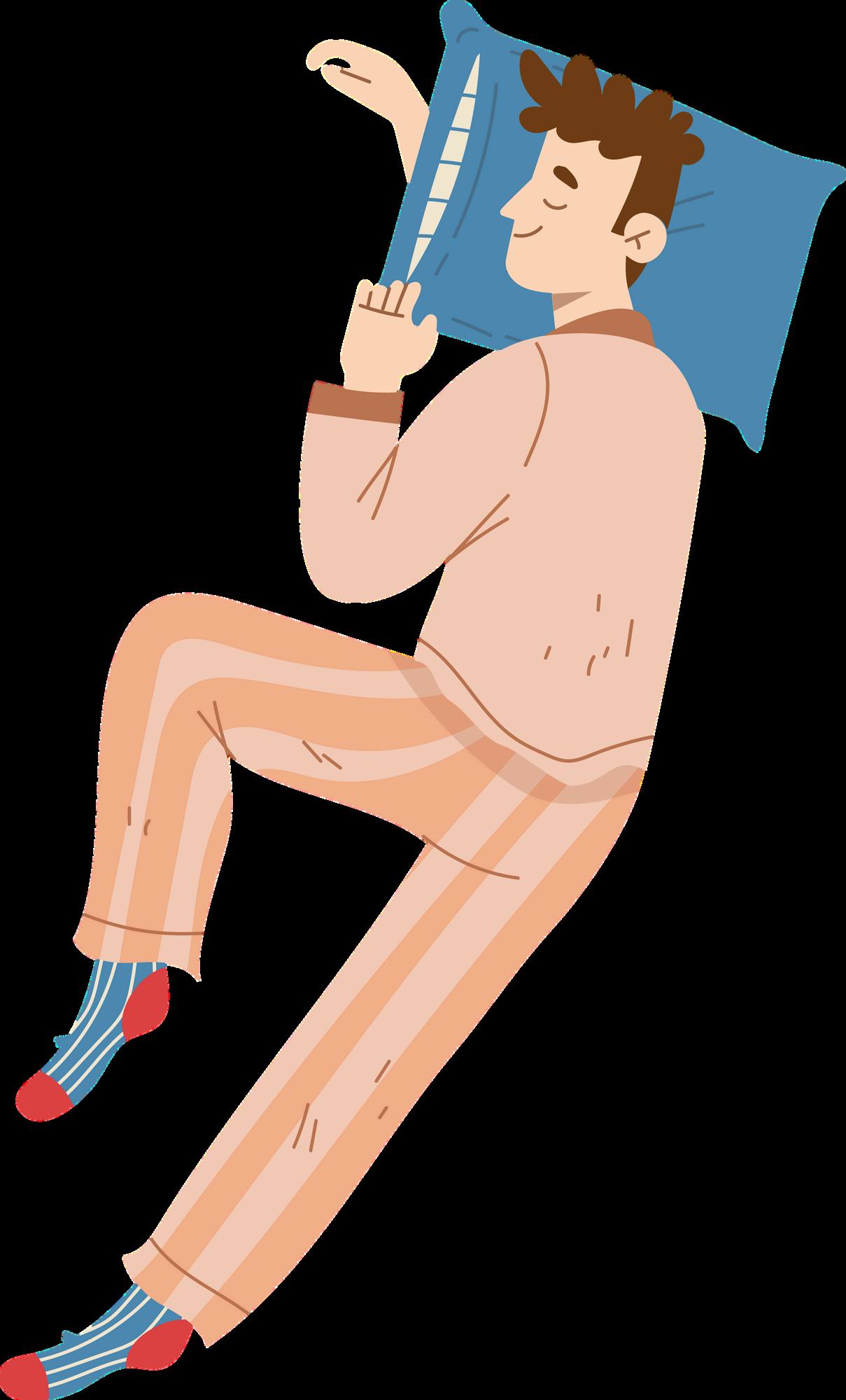
Our lives are organised around our sleep-wake schedule
As we’re a diurnal species, our master clock in the brain, which maintains many of our 24-hour rhythms, schedules our period of activity with daylight, and our period of rest with the night.
In some other animals, like rodents, evolutionary pressure has pushed those species to become nocturnal, which allows them to scurry and feed outside the view of their diurnal (daytime) or crepuscular (twilight) predators.
Not sleeping at the right time has been associated with poor health. Some of the sideeffects are poorer cognitive performance, lower energy and worse mental health.
There’s also a higher risk of developing neurodegenerative diseases such as Alzheimer’s and a higher risk of developing high blood pressure and diabetes.
*Read more
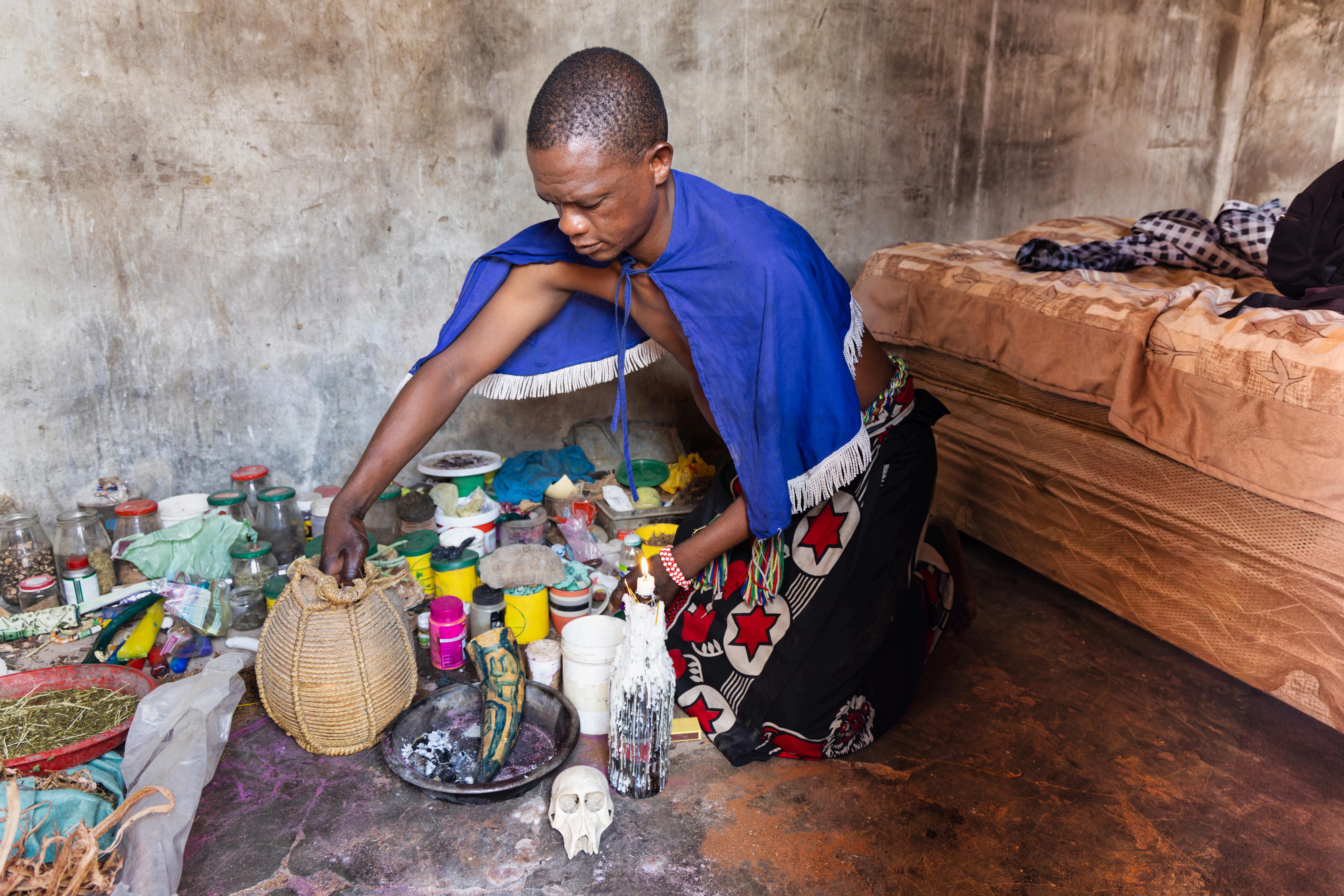
A National Institutes of Health five-year, $2.8 million grant to Wits and Vanderbilt University will advance traditional health practitionerinitiated HIV testing.
“The grant enables building on the success of a study completed last year, where traditional health practitioners (THPs) were trained to initiate HIV counselling, testing, and linkage to care in Bushbuckridge, Mpumalanga, says Dr Ryan Wagner, Senior research fellow at Agincoirt and co-principal investigator.
The expanded study, known as Know Your Status, is located at the MRC/Wits Rural Public Health and Health Transitions Research Unit (Agincourt), a research unit in Bushbuckridge, Mpumalanga under the auspices of the Wits School of Public Health, in partnership with the Vanderbilt Institute for Global Health (VIGH) in the U S
Wagner, with Carolyn Audet, Associate Professor of Health Policy, and VIGH Principal Investigator, lead the study
The study will compare rates of HIV testing in THPinitiated HIV counselling and testing communities versus control communities in a cluster randomised controlled trial in 42 clinical catchment areas
While South Africa has made progress in reaching the United Nations’ 95-95-95 targets (95% of people living with HIV knowing their status, 95% of people receiving care after diagnosis, and 95% of people achieving viral load suppression while being treated), people of low socioeconomic status, males, and those in rural areas do not test regularly.
However, these groups are more likely to seek care from THPs, which makes THPs ideal for enabling diagnosis and aftercare.
Know Your Status – towards ending HIV transmission is funded by the National Institute of Mental Health. Vanderbilt University and Wits are Strategic Partners.
Journal name: Lancet
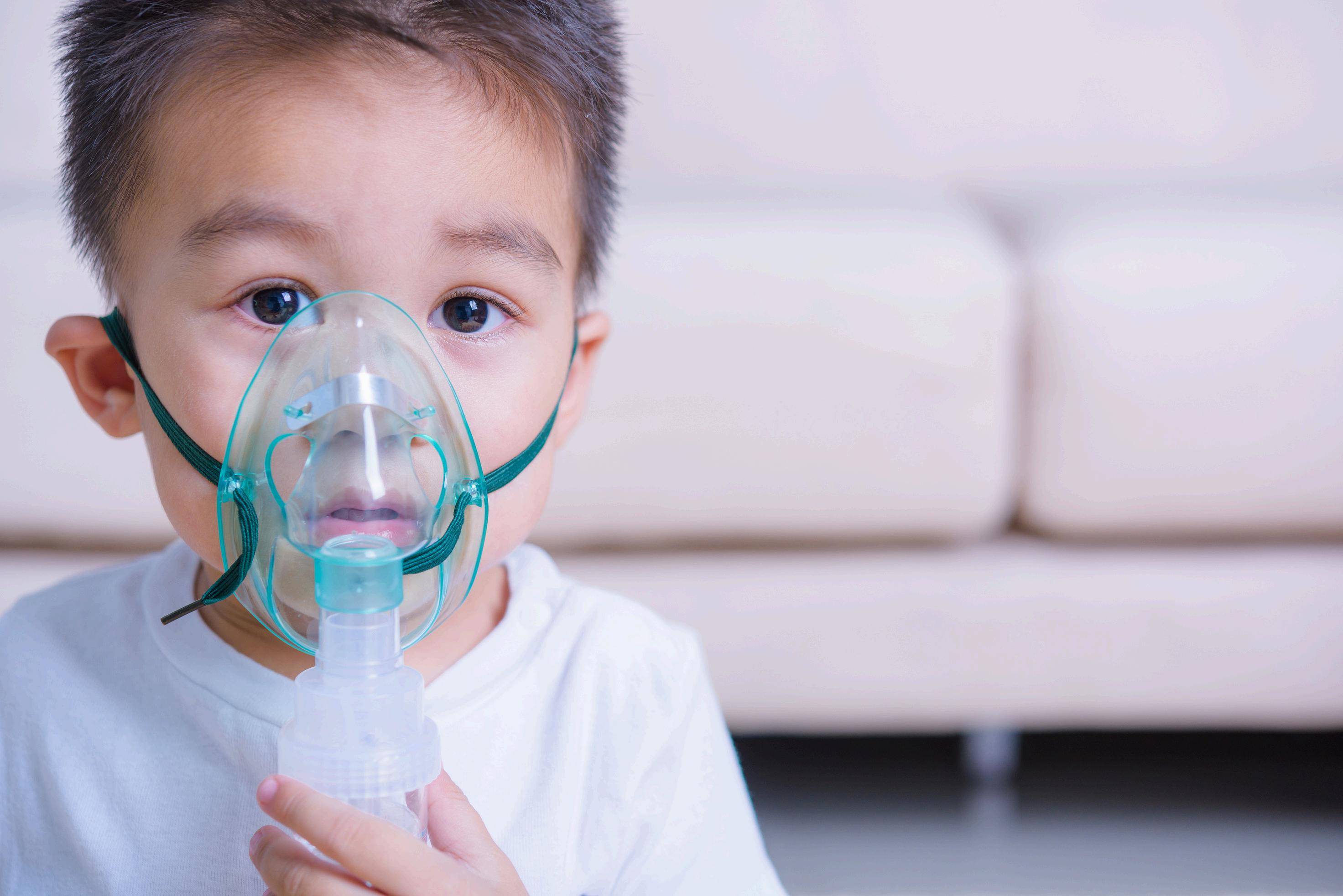
Title: Global disease burden of and risk factors for acute lower respiratory infections caused by respiratory syncytial virus in preterm infants and young children in 2019: a systematic review and meta-analysis of aggregated and individual participant data.
Wits researcher: Prof Marta Nunes
Evidence before this study
Preterm children are at higher risk of infection with respiratory syncytial virus (RSV) and of severe outcomes from infection than children born at term. We searched PubMed for studies published between Jan 1, 1995, and Jun 30, 2023, reporting global or regional estimates of RSV-associated morbidity and mortality in preterm infants and young children using the search terms “(“respiratory syncytial virus* OR “RSV”) AND (“incidence*” OR “mortality” OR “death*” OR “morbidity” OR “burden”) AND (“child* OR “pediatric” OR “paediatric” OR “infant*”) AND (“prematur*” OR “preterm*”)”
*Read more via Lancet

Added value of this study
We collected both aggregated data from published literature and individual participant-level data shared by international collaborators, including 13 studies from low-income and middle-income countries. We found that early preterm infants (ie, those born before 32 weeks of gestation) had higher rates of RSV-associated ALRI incidence and hospitalisation than the general infant population, and that the higher risk of hospitalisation persisted into the second year of life Late-preterm (ie, those born between 32 weeks and 37 weeks of gestation) infants had a higher RSV-associated ALRI hospitalisation rate than the general infant population in the first 6 months of life
of all the available evidence
These estimates, together with the identified risk factors for severe outcomes from RSV infection, provide important evidence for the optimisation of strategies for prevention and clinical management of RSV-associated ALRI in preterm infants and young children.
Professor Marta Nunes is an Associate Professor at the Vaccine Preventable Diseases Unit within the Faculty of Health Sciences at the Wits University She has focused on understanding the cell biology of Plasmodium falciparum and identifying molecular candidates for malaria vaccines tailored for pregnant women
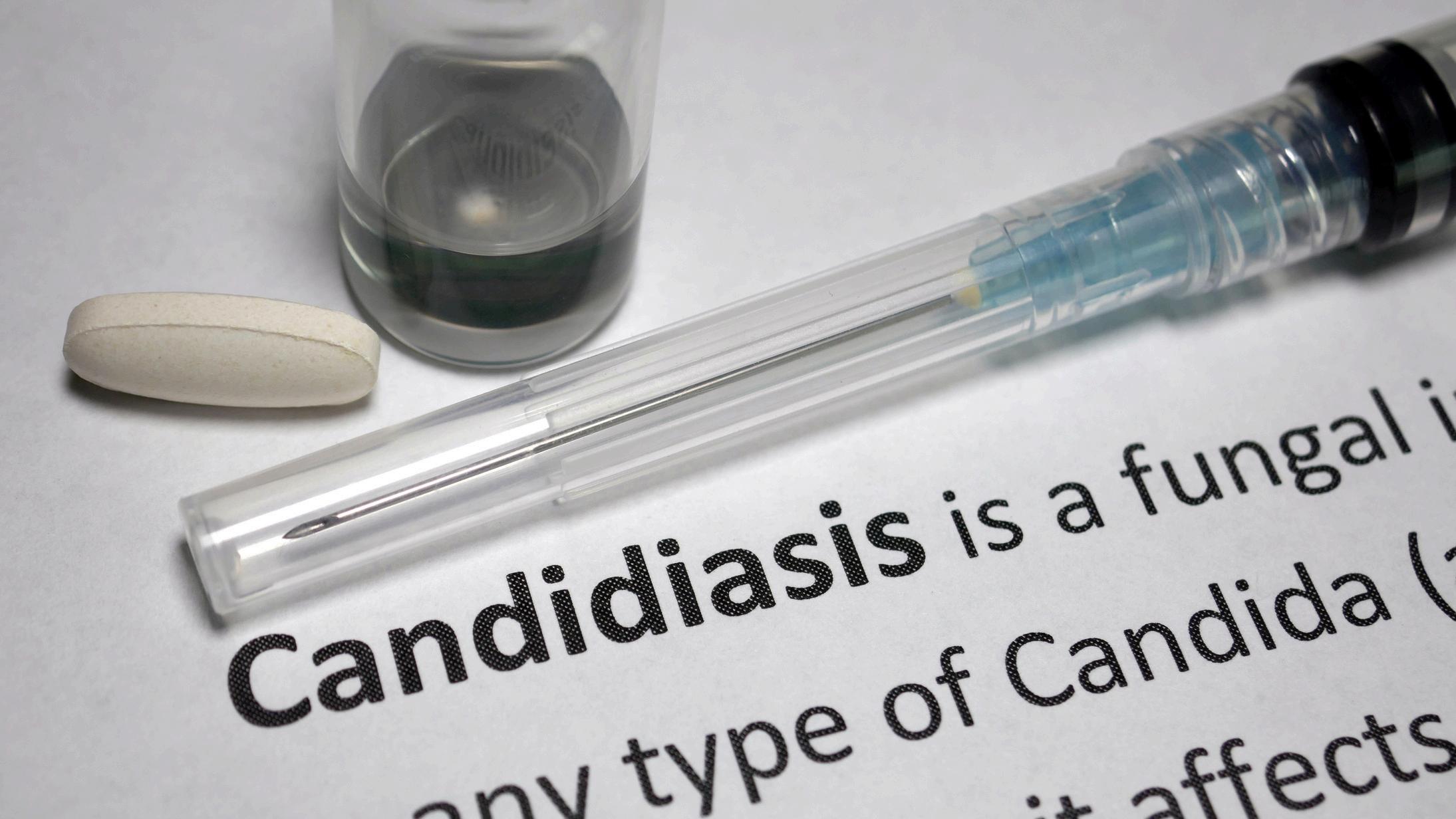
Journal Name: Nature Reviews
Disease Primers
Title: Invasive Candidiasis
Wits researchers involved: Nelesh P Govender
Research in context
Invasive candidiasis is an important fungal disease caused by Candida albicans and, increasingly, nonalbicans Candida pathogens Invasive Candida infections originate most frequently from endogenous human reservoirs and are triggered by impaired host defences Signs and symptoms of invasive candidiasis are non-specific; candidaemia is the most diagnosed manifestation, with disseminated candidiasis affecting single or multiple organs. Diagnosis poses many challenges, and conventional culture techniques are frequently supplemented by non-culture-based assays
*Read more via Nature
Professor Nelesh Govender works at the Centre for Healthcare-Associated Infections, Antimicrobial Resistance and Mycoses at the National Institute for Communicable Diseases, South Africa Nelesh does research in Infectious Diseases, Mycology and AMR
Invasive candidiasis in health-care settings is an infection with high consequences with overall and attributable mortality of ~30–40%146
As survivors are often critically ill, they often experience severe post-ICU deconditioning, prolonged recovery, morbidities such as endorgan damage, including renal or hepatic failure, or complications of metastatic disease such as osteomyelitis147 They can also experience sequelae that can be disabling and severely affect their quality of life (QOL) such as blindness when the eye is affected through dissemination
Even less aggressive forms of invasive candidiasis in the ambulatory setting, such as chronic mucocutaneous disease and recurrent vulvovaginal candidiasis, can have severe cosmetic, psychological, social and functional consequences that greatly impact the QOL of affected patients

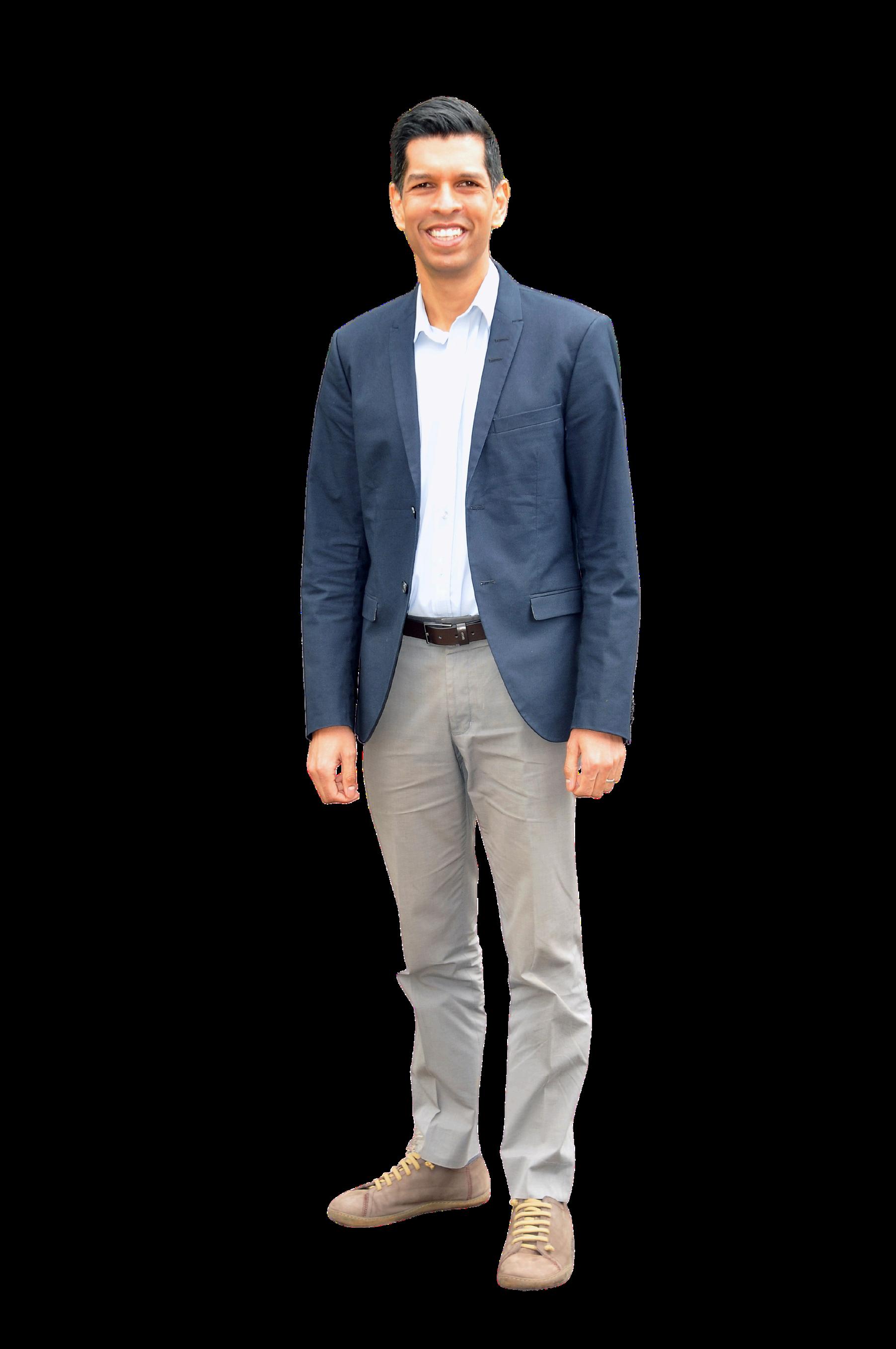
Early antifungal treatment and central venous catheter removal form the cornerstones to decrease mortality The landscape of novel therapeutics is growing; however, the application of new drugs requires careful selection of eligible patients. Future research and a personalized approach to diagnosis and treatment of invasive candidiasis is of paramount importance
High priority should be given to the strong implementation of WHO-recommended ifesupporting measures such as access to simple diagnostic tests for detection and surveillance and to antifungal drugs for the treatment of invasive candidiasis
Edited by Dr Yemi Adewoyin
Demography and Population Studies Programme
School of Public Health
Comparatively on many health and development indicators, Africa fares poorly. The variation in health may present as differences in the occurrence and spread of diseases, the distribution of and access to healthcare facilities, and in health outcomes among the population
This edited volume documents perspectives and applications in health and medical geography in Africa for academics, students, health practitioners, and development policymakers. Case studies discussed by 55 experts and practitioners in the 500-page book include those from Benin, Cameroon, Gabon, Ghana, Lesotho, Malawi, Nigeria, South Africa, Tanzania, Zimbabwe, the EAC and SADC blocs, and the whole of Africa
Read more
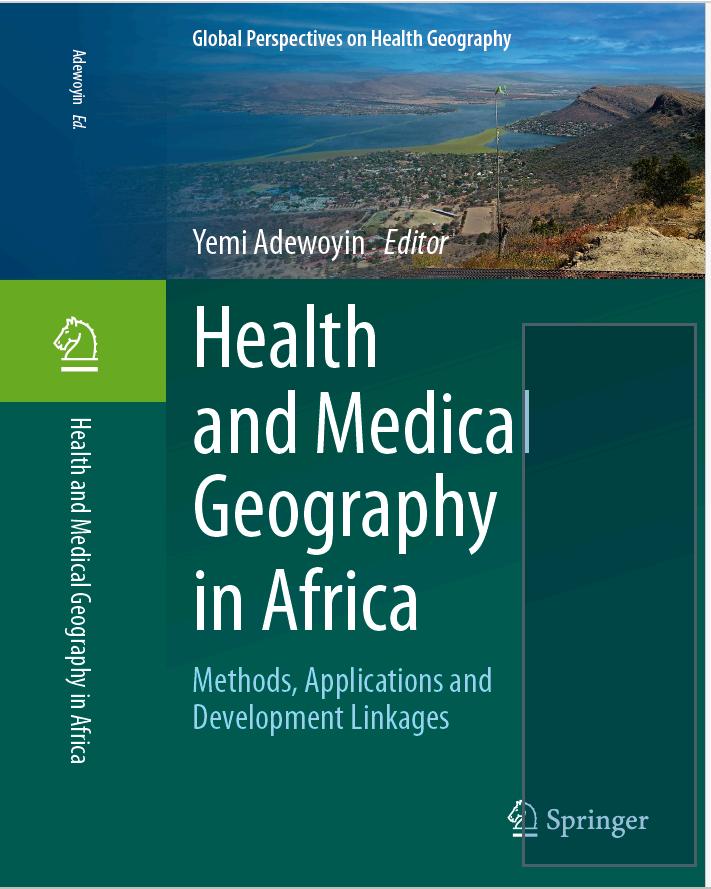
Wits Journal of Clinical Medicine
The Wits Journal of Clinical Medicine (WJCM) is a peer-reviewed scientific research journal published tri-annually. It is a forum to showcase scientific research from Clinical Medicine Departments at institutions in South Africa and internationally. The journal is also a portal to highlight pressing health issues of our times and will publish opinion pieces or commentaries in this regard.
Aims and Scope
The journal aims to provide an opportunity for emerging researchers to publish their work as Open Access and sets out to be the primary dissemination portal for clinical medical scientists from southern Africa. The editorial policy of the journal is guided by scientific quality, originality and integrity, and all publications are peer-reviewed. WJCM especially welcomes submissions from younger academics, including registrars, fellows and junior consultants, who are encouraged to submit their research.
Feature your research in the journal Submit your paper here

Dr Shakira Choonara takes the reins as head of the Action Coalition on Bodily Autonomy and Sexual and Reproductive Health and Rights
Choonara assumed her new role in March 2024 at the United Nations Women Headquarters. She previously served at the UN as the Thematic Lead on Bodily Autonomy and Sexual and Reproductive Health and Rights
*Read more
2
3
Dr Yakub Essak - Gift of the Givers medical team leader leaves a legacy of unmatched kindness
Essak (MBBCh 1987), apart from being a medical doctor, was also known as an approachable person that offered counselling to team members, said Dr Imtiaz Sooliman, the organisation's founder.*Read more
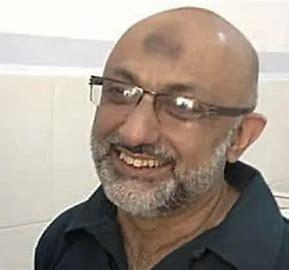
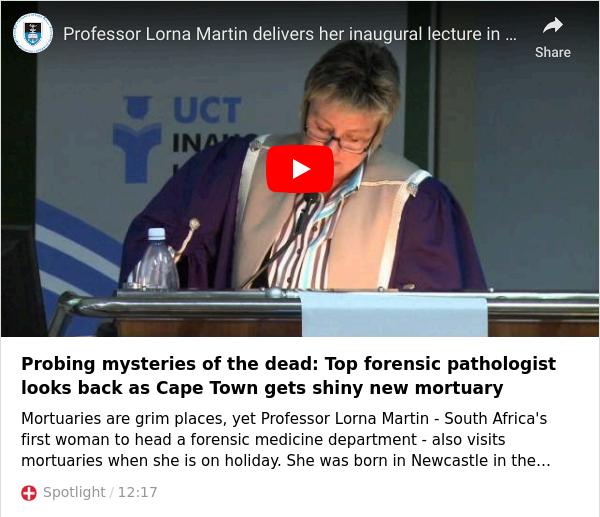
July Focus Day
1 - 5 July
16 July
The Centre for Health Science Education will explore the emergence of technologies with experiential pedagogies of escape room design for learning in the health sciences. Register
Short course: Human anatomy undertaken on human cadavers
Venue: School of Anatomical Sciences, 7 York Road, Parktown
IDORIseminarseries
The seminar is titled "Convergence of Gene Therapy and modern vaccine technology" and will bepresentedbyPatrickArbuthnotintheAntiviralGeneTherapyResearchUnit
Time:15:00
Venue:AdlerMuseum,FacultyofHealthSciences
Register
September
Research Day & Postgraduate Expo: Improving healthcare through research & innovation
Venue: Parktown Health Sciences Campus
Research themes:
Clinical sciences and therapeutics for health
Communicable and non-communicable diseases
Innovation in education, policy and systems
Molecular and comparative biosciences Register


